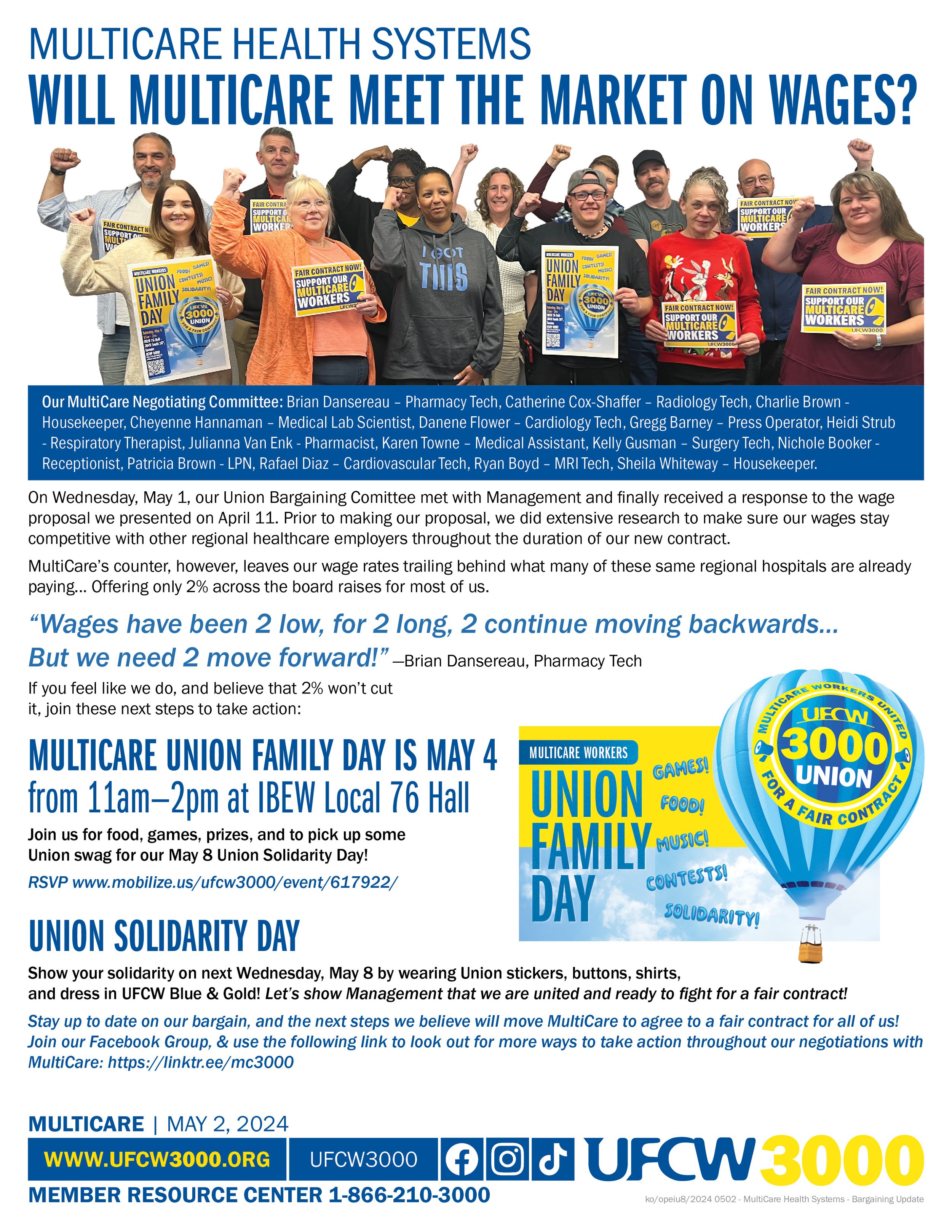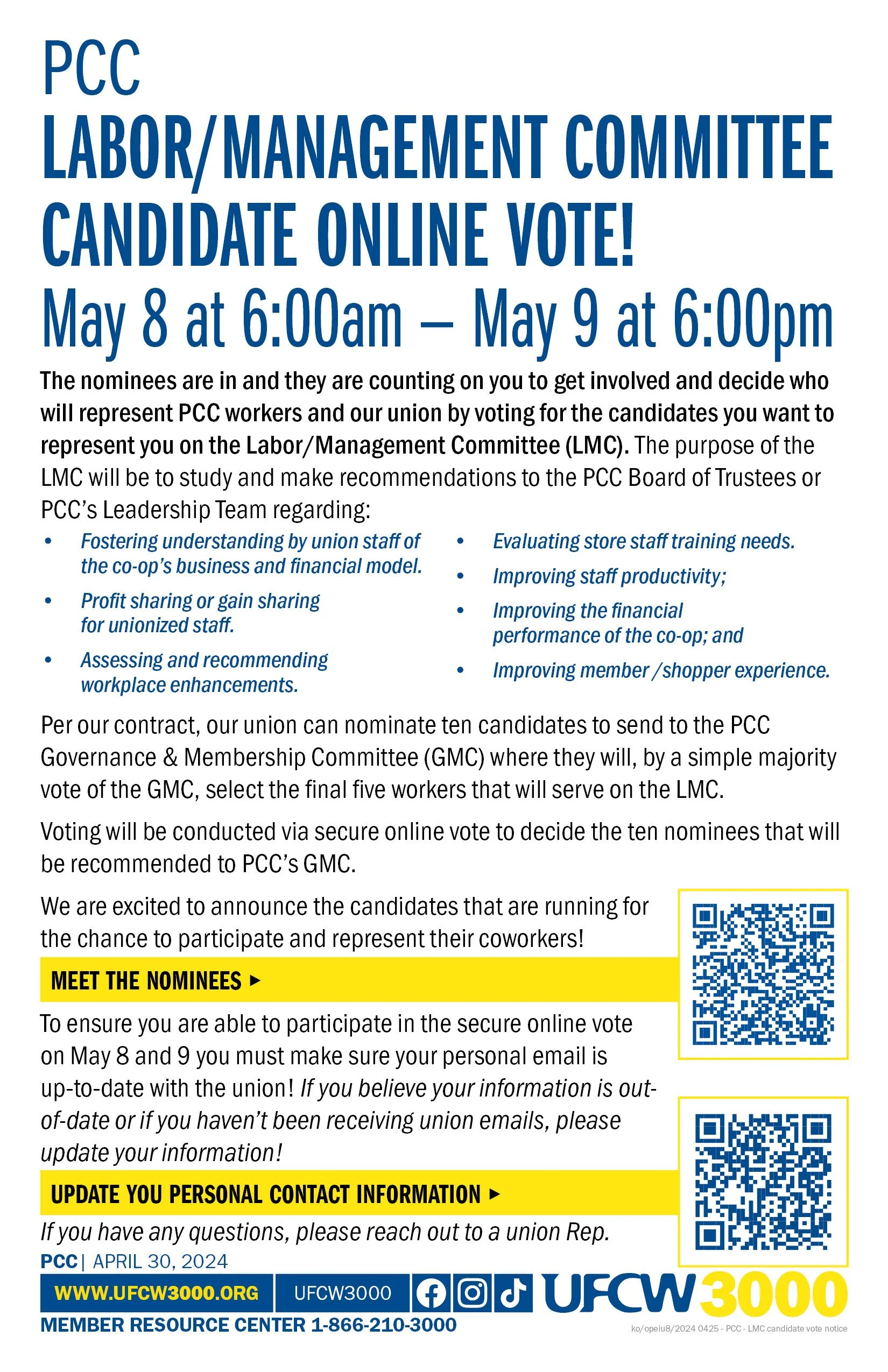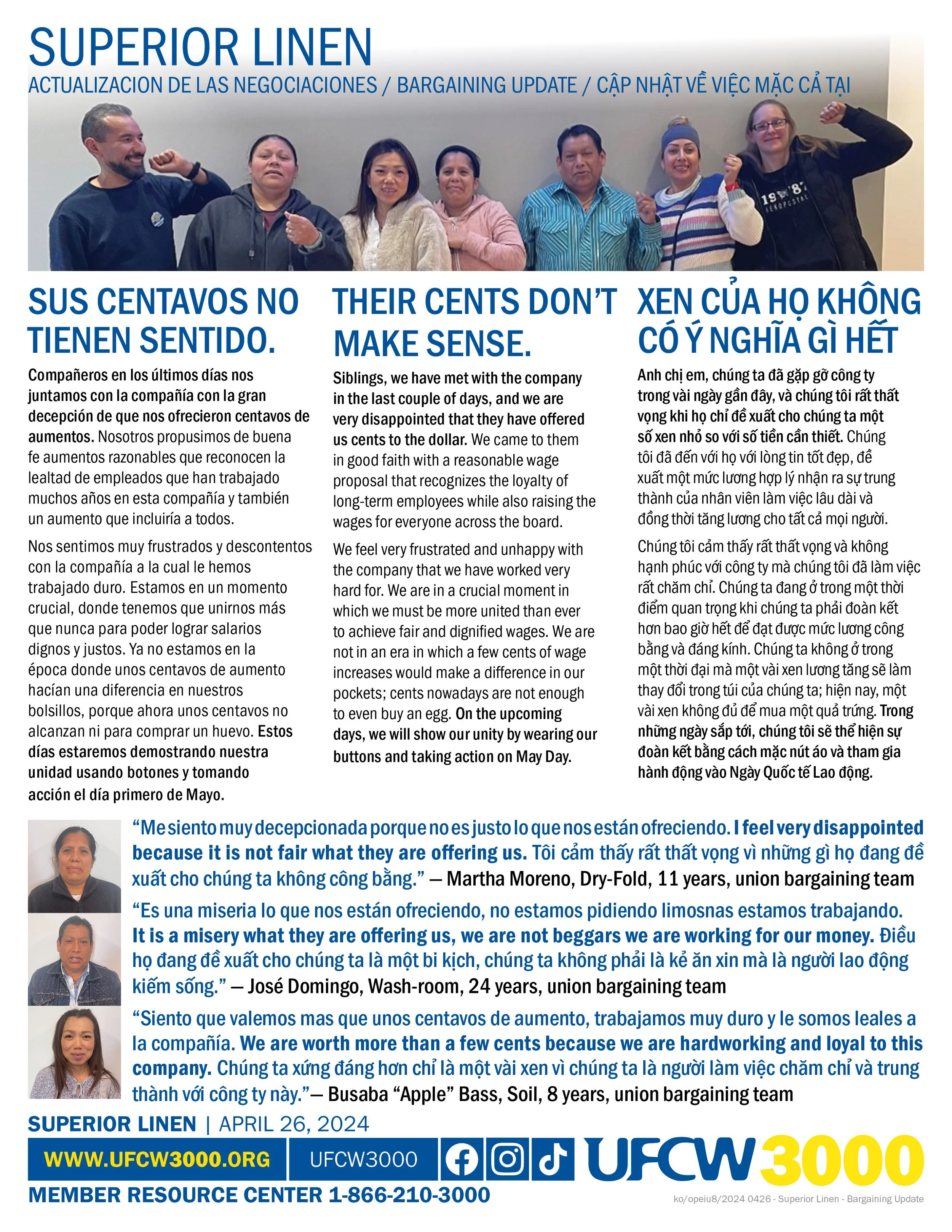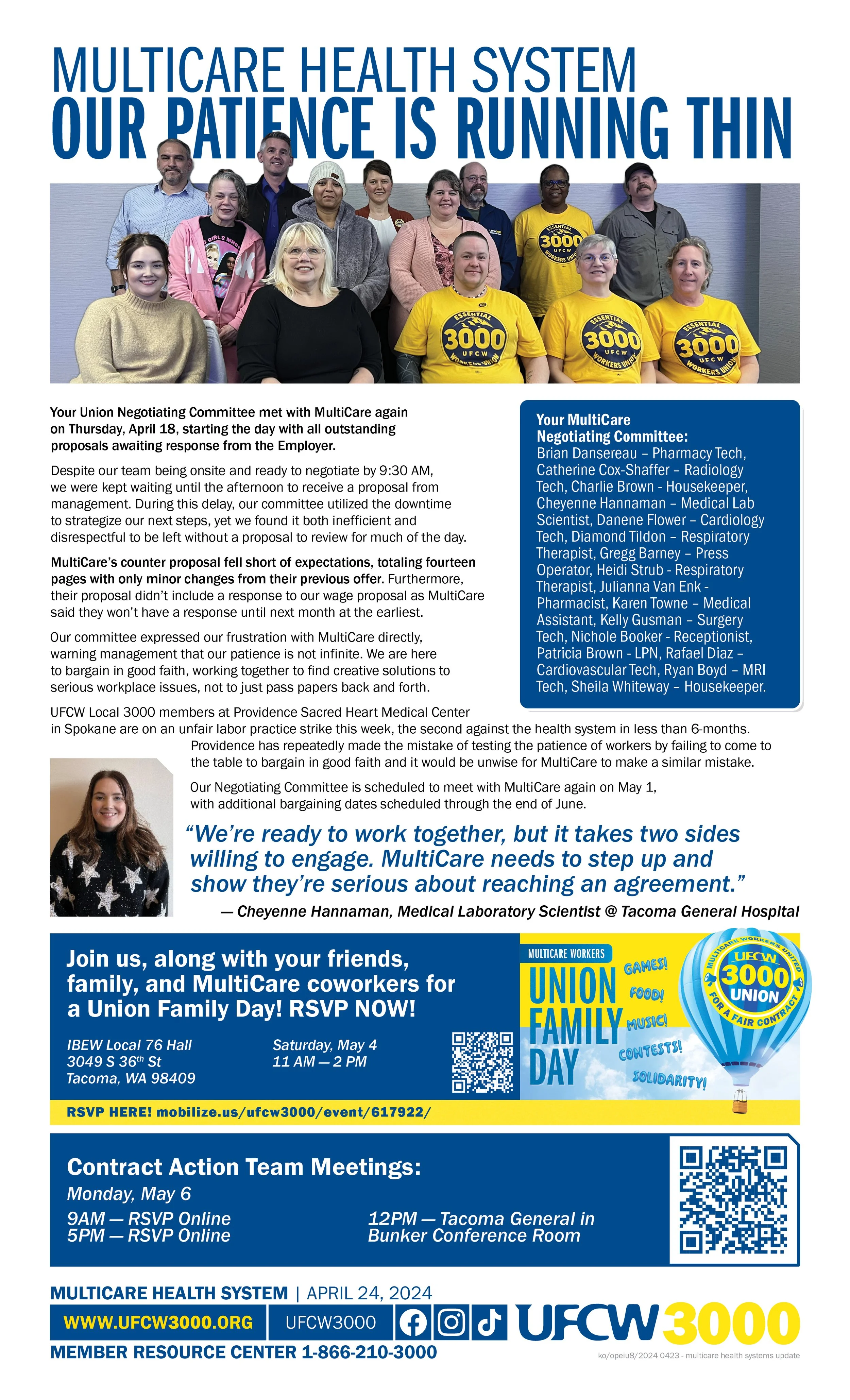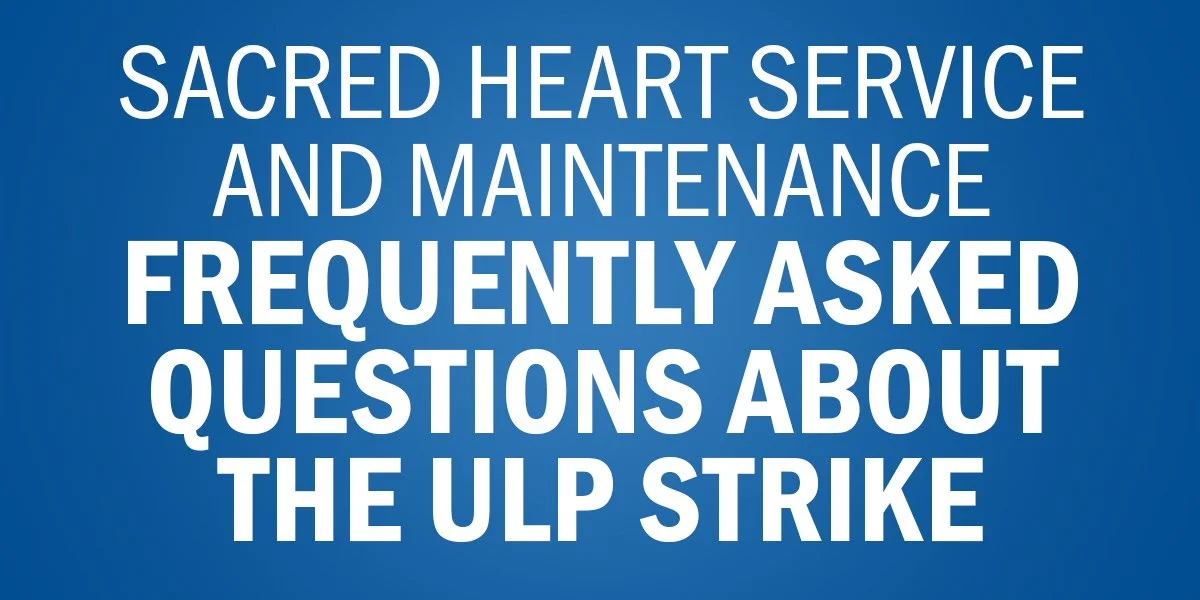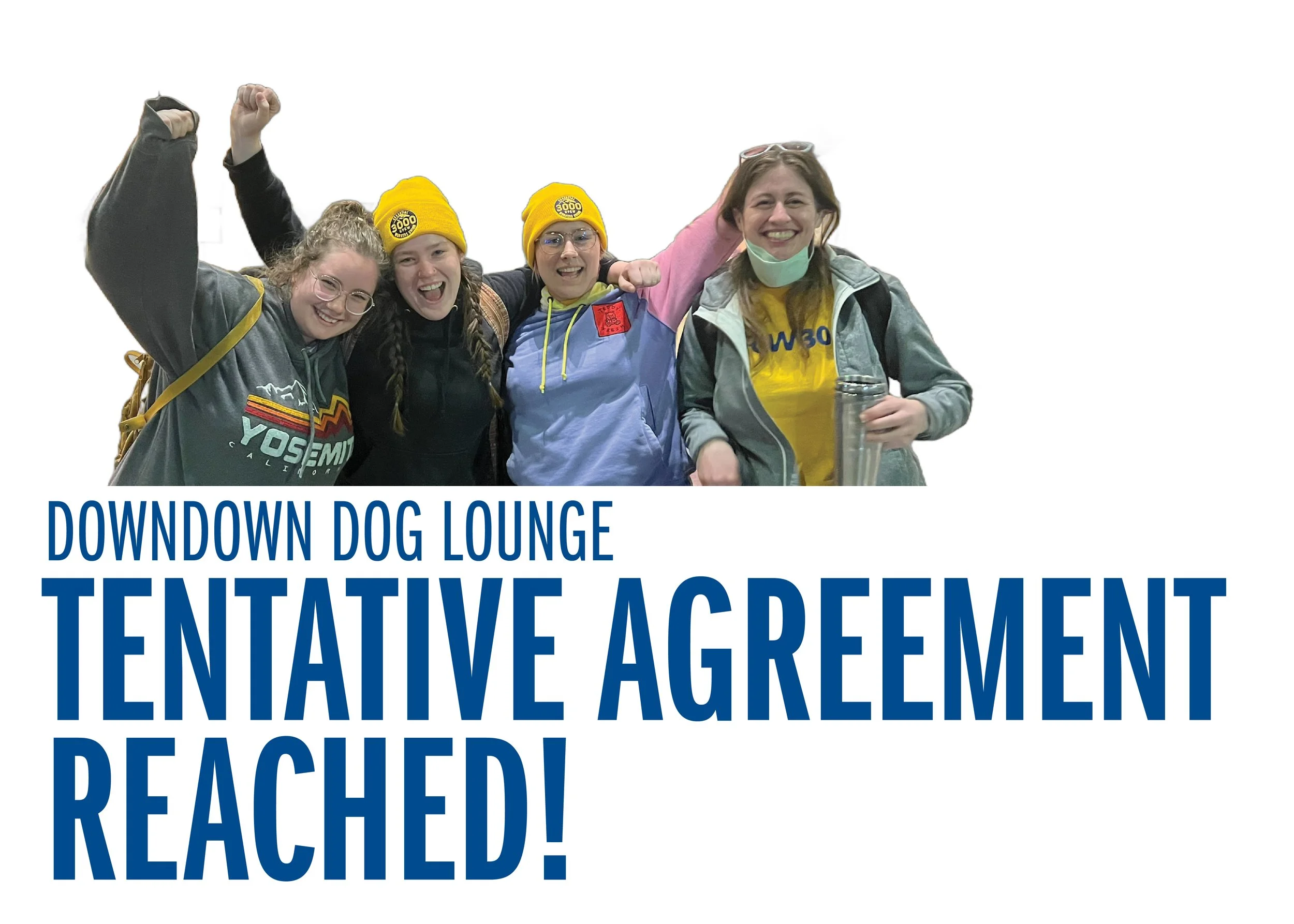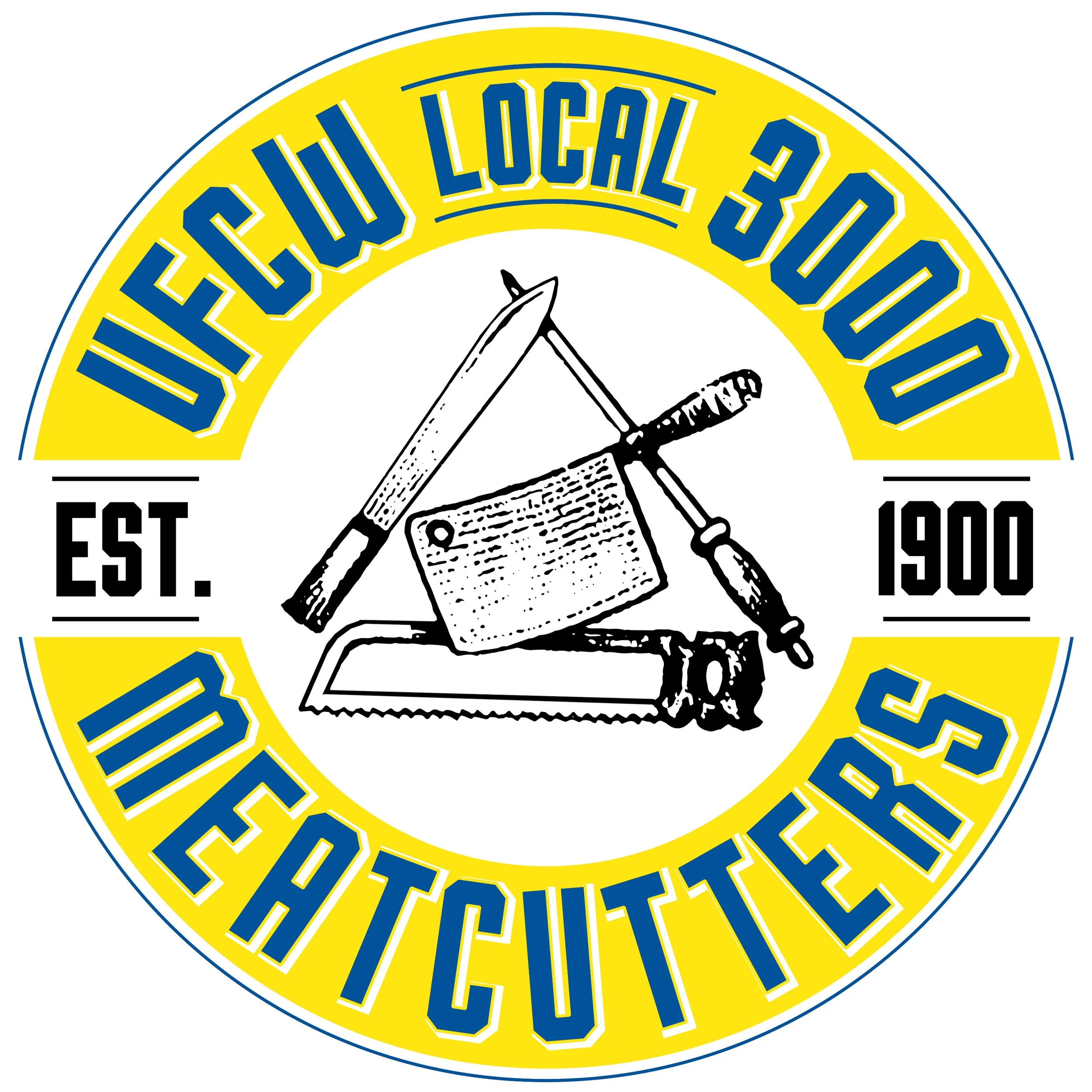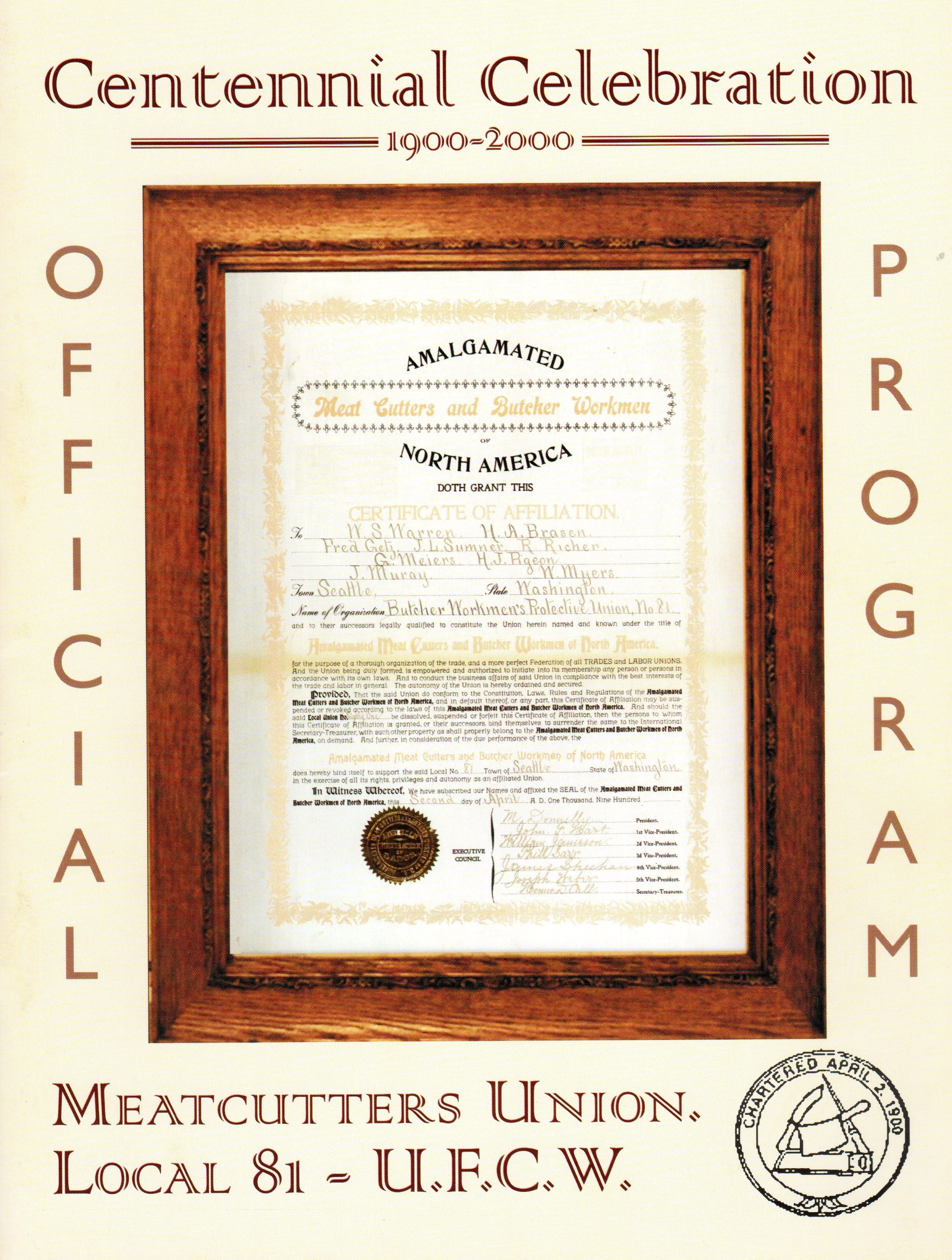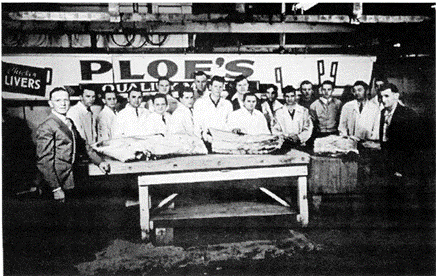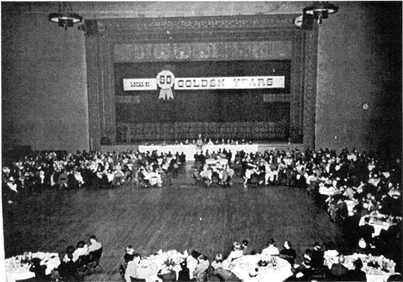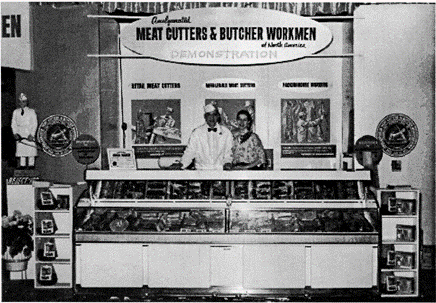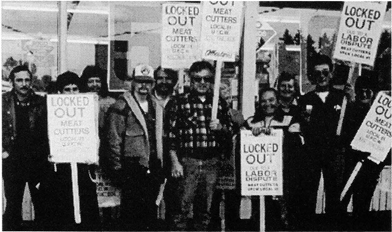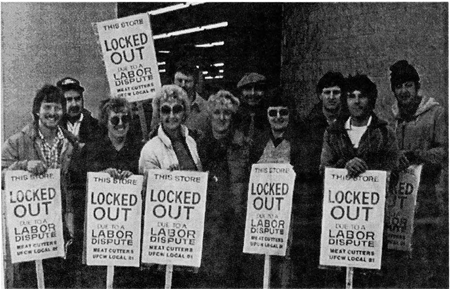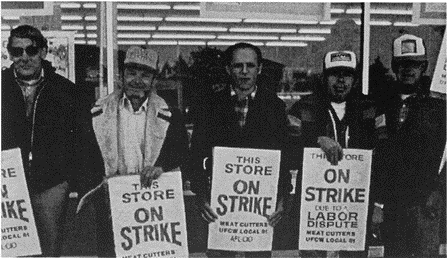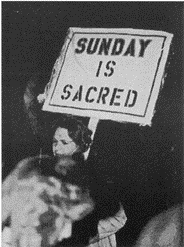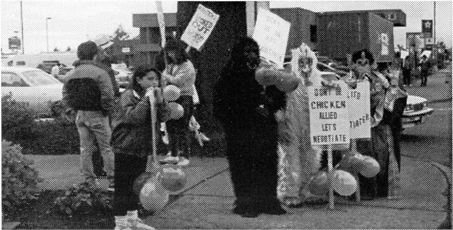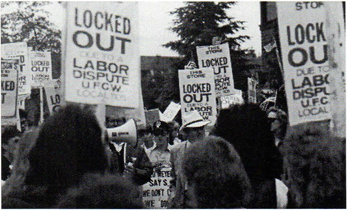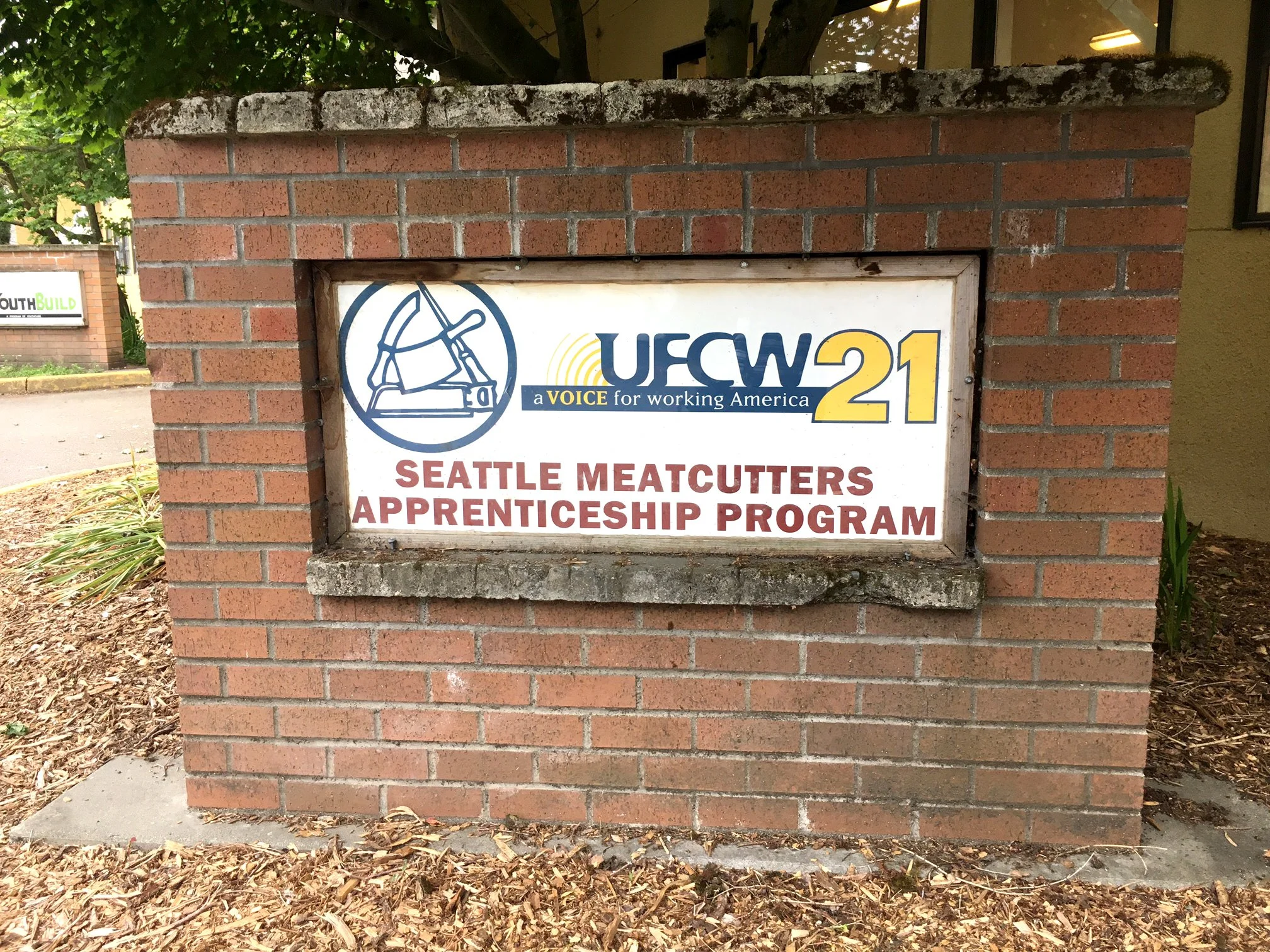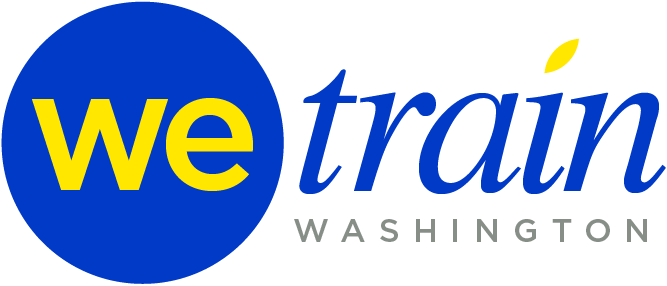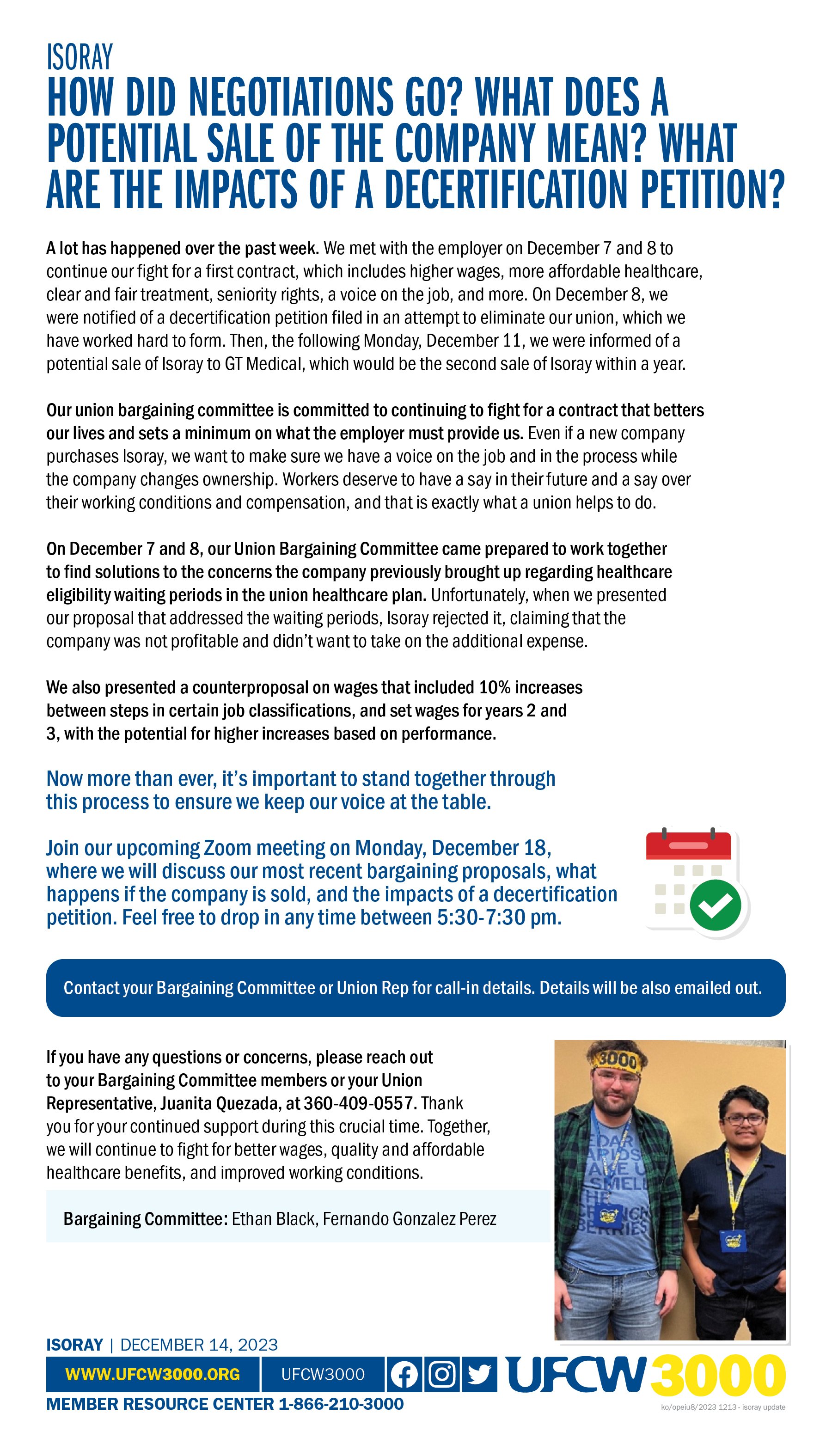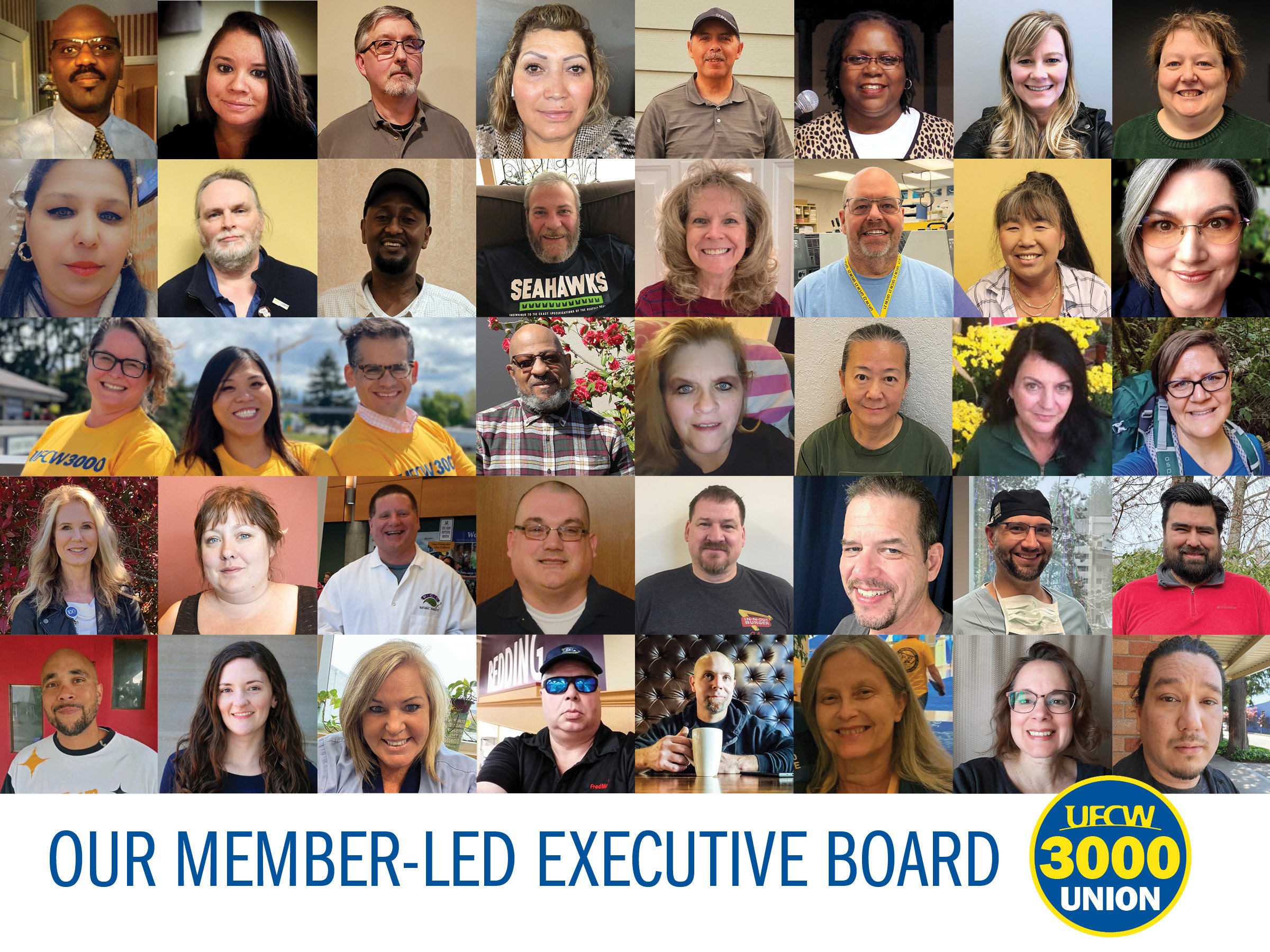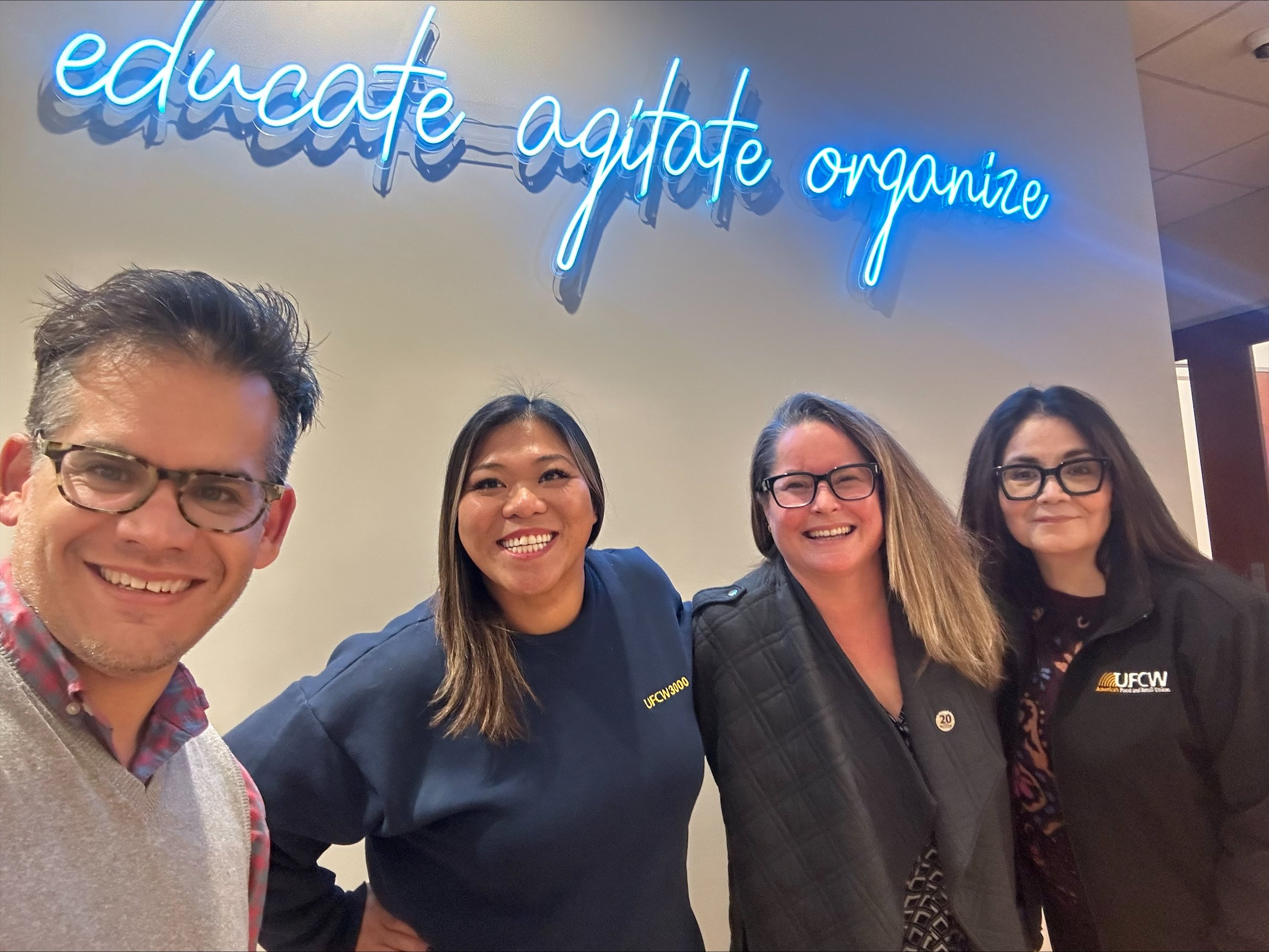Puget Sound Meatcutters Apprenticeship Program: Over 100 Years of Union History
/Get To Know Our Union’s History: The “Fighting 81st” and the Meatcutters Apprenticeship
The Seattle Meatcutters Apprenticeship was established as a union-sponsored apprenticeship school on May 17, 1946 to increase the skills, abilities, and knowledge of meatcutters, which in turn led to higher wages and benefits for these highly trained workers. Trained and licensed meatcutters make our industry safer and more productive, and meatcutters have long served our communities with pride. UFCW 3000 meatcutters carry on a decades-long history of commitment to bettering the industry and the conditions of all those they work with each day.
Throughout its long history, this program has grown and changed, expanding the diversity of its apprentices and graduates and continuing to do so through robust recruitment and leadership development. Today, instruction takes place at South Seattle Community College and has expanded into Snohomish County at the Sno-Isle TECH Skills Center in Everett. The program is one of the few meatcutting programs in the entire U.S. where apprentices earn college credits for graduating the course and a Certificate of Completion from our state.
As we celebrate its legacy, the program also has a bright future in partnership with UFCW 3000, represented Employers, the State of Washington, and the exciting new nonprofit organization WeTrain Washington. As workforce development and education opportunities grow, the trailblazing meatcutter apprenticeship will continue to develop apprentices into journeyperson leaders in their workplaces and their union for decades to come.
Note of thanks: Much of the following history comes from the UFCW Meatcutter Centennial Celebration program (2000).
1900 – 1920: The Protective Union of Butchers Local 81
An early Seattle butcher shop on Western Avenue.
In 1900, nine Seattle butchers met to establish the Protective Union of Butchers, Local 81. They immediately applied for a charter from the Amalgamated Meat Cutters & Butcher Workmen of North America, organized on the East Coast in 1897. This charter was delivered and signed on April 2, 1900, making it oldest retail butcher union in North America.
Their organizing tool was the union consumer:
"The Butcher's union of this city has discovered the most effective weapon for the use of organized labor. It is for all union people to demand the working card of all other union people when patronizing business houses. Make the butcher show you an up-to-date card or refuse to buy from him." -Seattle Union Record
In June 1903, the union ordered its members to "wear the union button on the left lapel of your working gown, with the letters 'AMC & BW of NA, AFof L' on the border, and the knife, saw, cleaver, and steel in the center." This seal became the organizing tool of the young local.
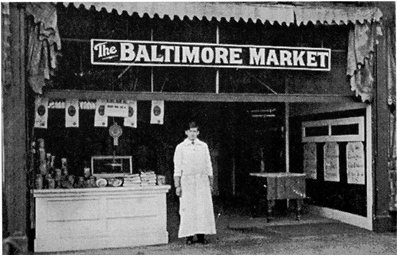
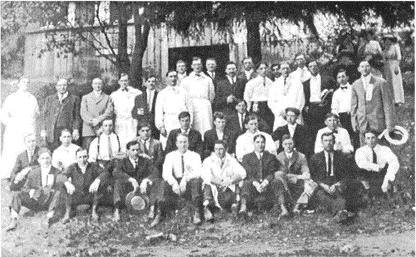
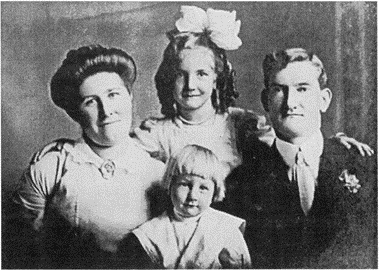
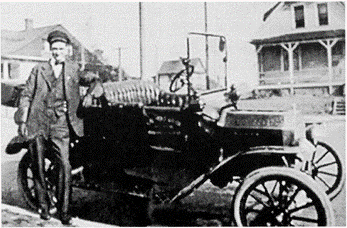
"Seattle union men and women will not have to go far for a market where the men are perfectly willing and anxious to better their own condition and elevate their trade, by keeping up the standard of wages and obeying rules which give more pleasure and time for the wage earner to be at home with his family." -Seattle Union Record
Seattle Meatcutters on Labory Day 1917 demanding an 8 hour day
1920 – 1960: The “Fighting 81st,” Striking for a 40-Hour Workweek, and a Meat Apprenticeship
Local 81's earliest offices were in the old Seattle Labor Temple at 6th and University.
The election of Franklin Delano Roosevelt also brought government into active intervention in the retail grocery business. The National Recovery Administration (NRA) initially demanded the development of wage and hour standards in every industry. Local 81 established temporarily an 8-hour working day under this code, eventually overturned by the U.S. Supreme Court. Most importantly, the Local approached the Seattle City Council and established a meat inspection program. This inspection program guaranteed that only licensed meat cutters could work in city markets. The code became an effective tool for improving and controlling working conditions. Eventually, this code would be extended to King County.
In the 1930s the rise of the grocery chains proved to be a challenge for Local 81. The first chain store in Seattle was the U & I. The first Safeway store opened in 1935 at 1st and Pike. This rise of chain stores led to the rise of the Food Dealers Association in Seattle, a group that resisted efforts to improve working conditions. Local 81 had to focus on legislation and political objectives to counter the influence of this new financial interest.
In 1946, Local 81 made its mark on Washington State Labor history when it became the first Washington local to strike for a 5-day, 40-hour workweek. At a crucial union meeting on March 24, 1946, Local 81 members voted as follows: "40 hours shall constitute a week's work, Monday through Saturday." They immediately initiated strike action, and within a week achieved this objective.
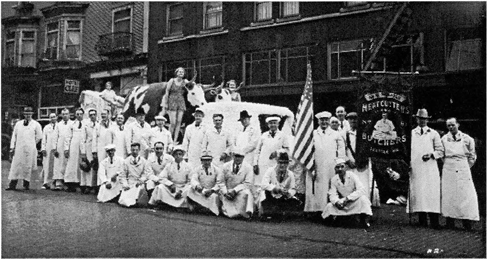
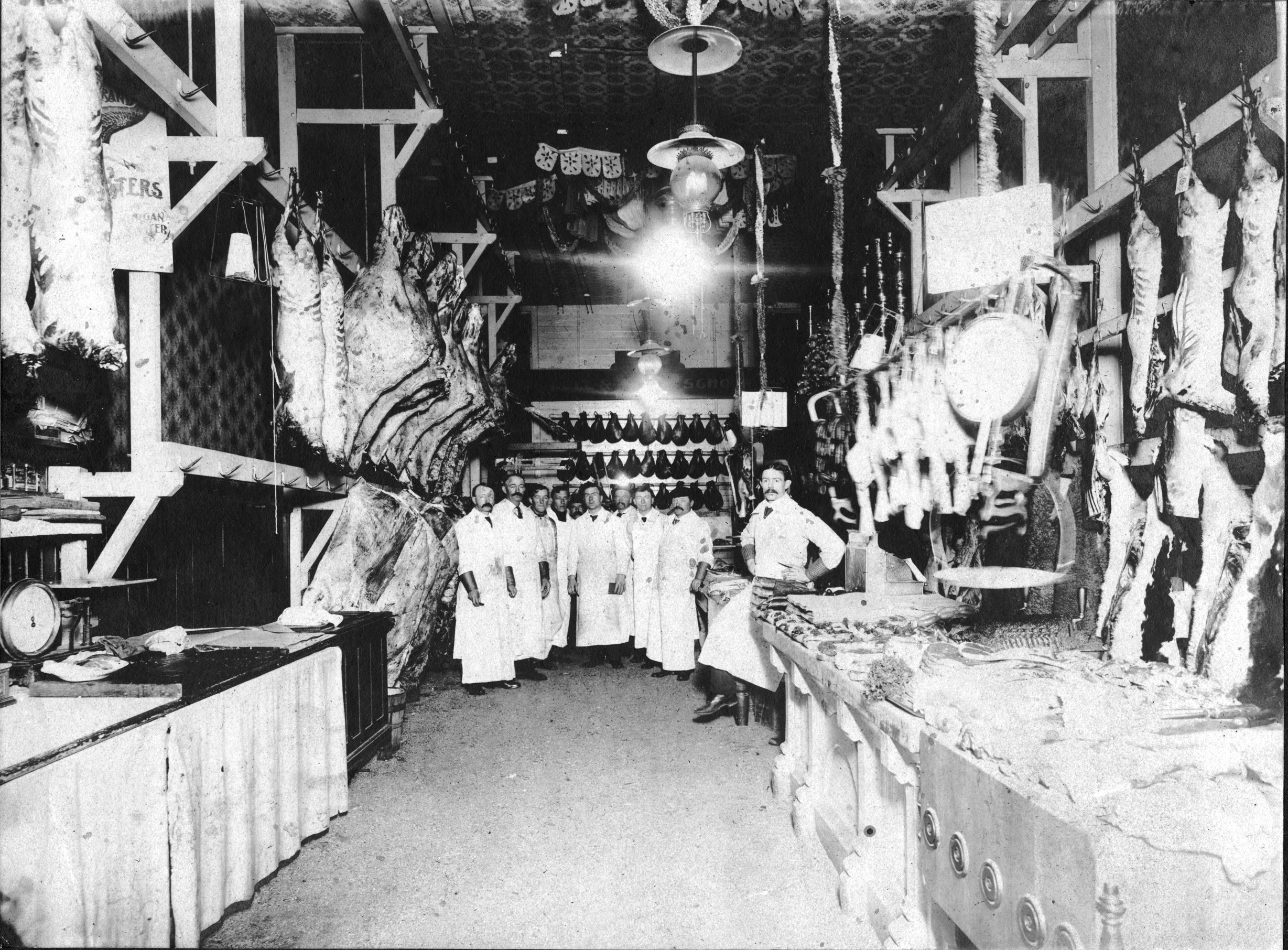
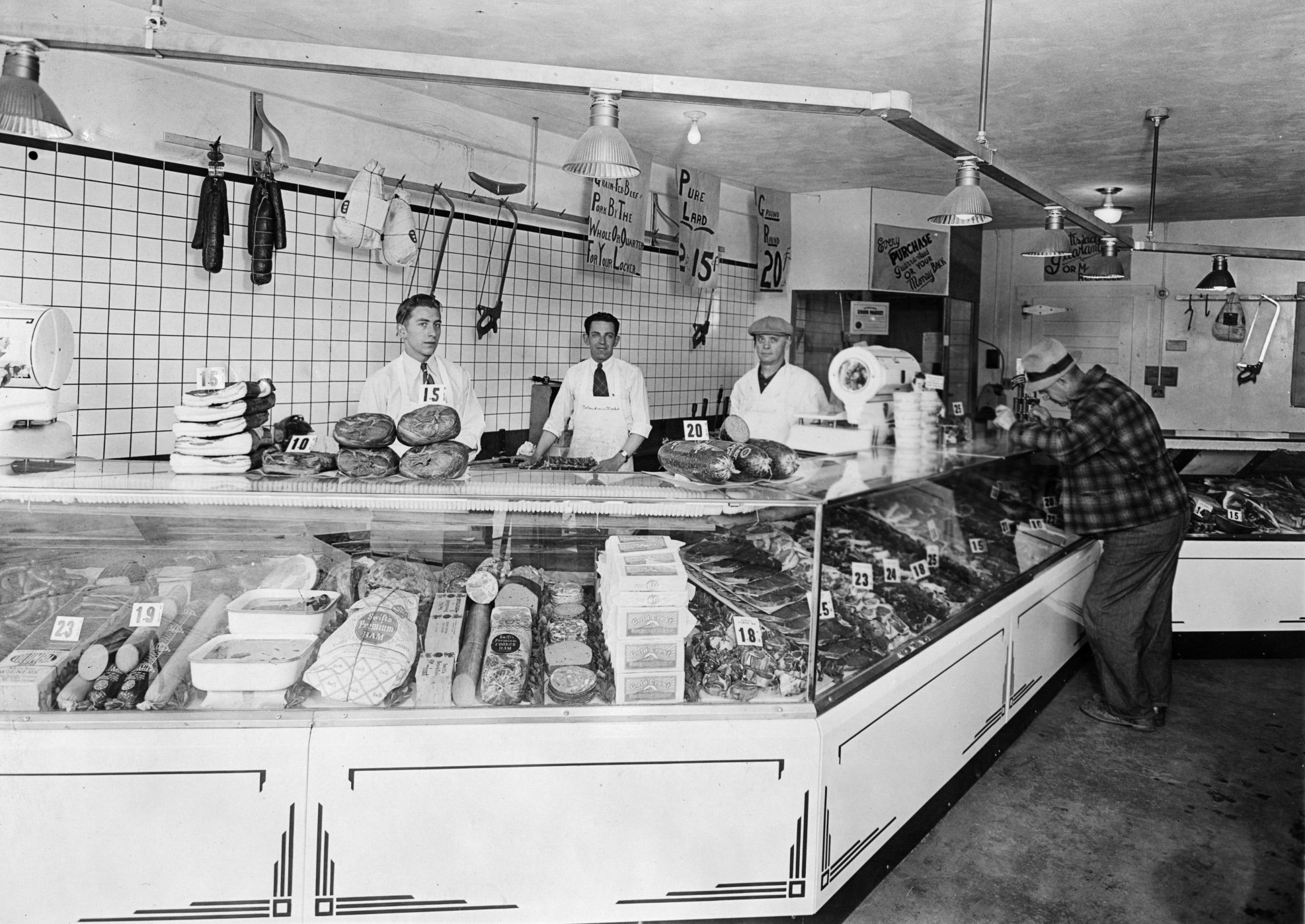
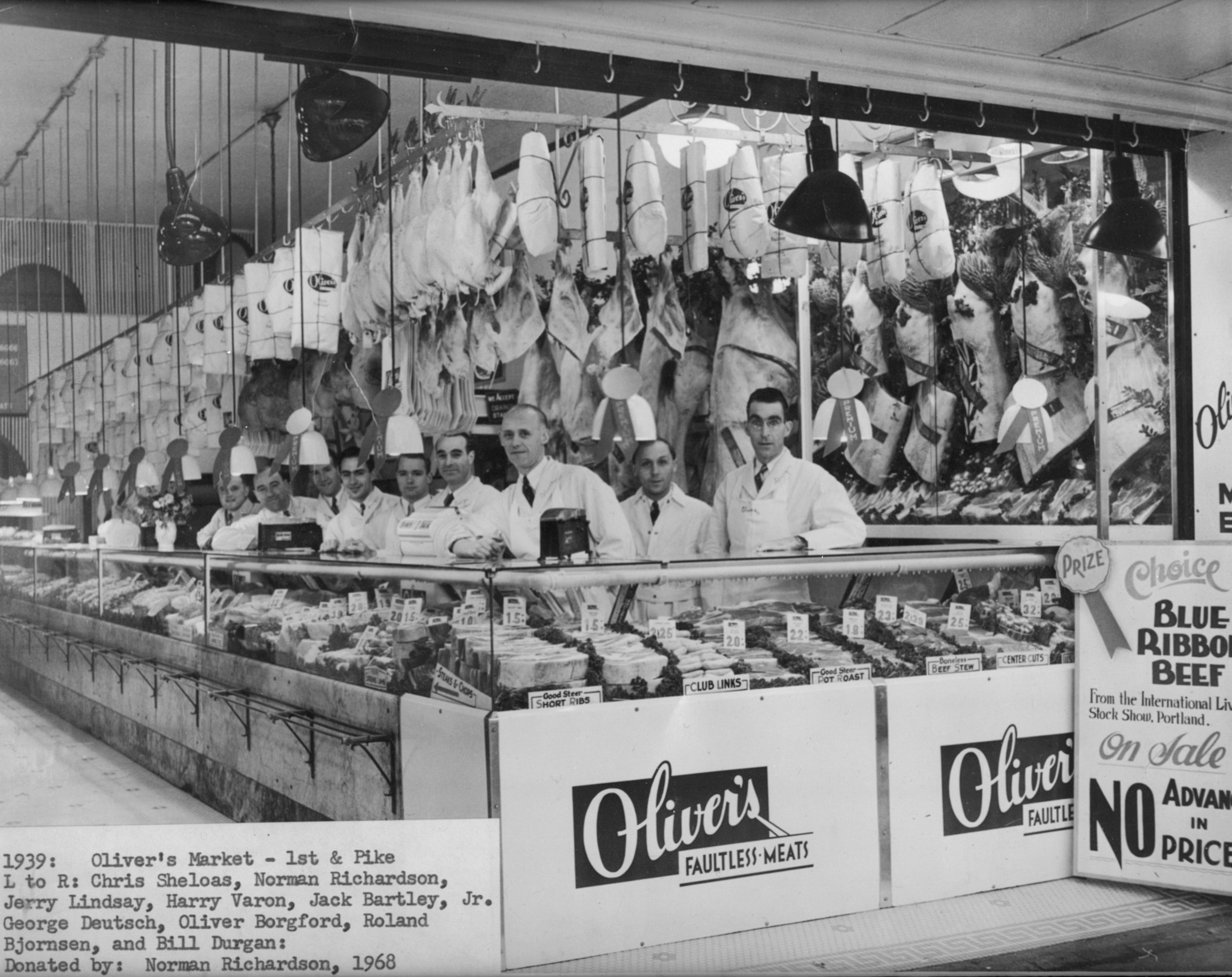
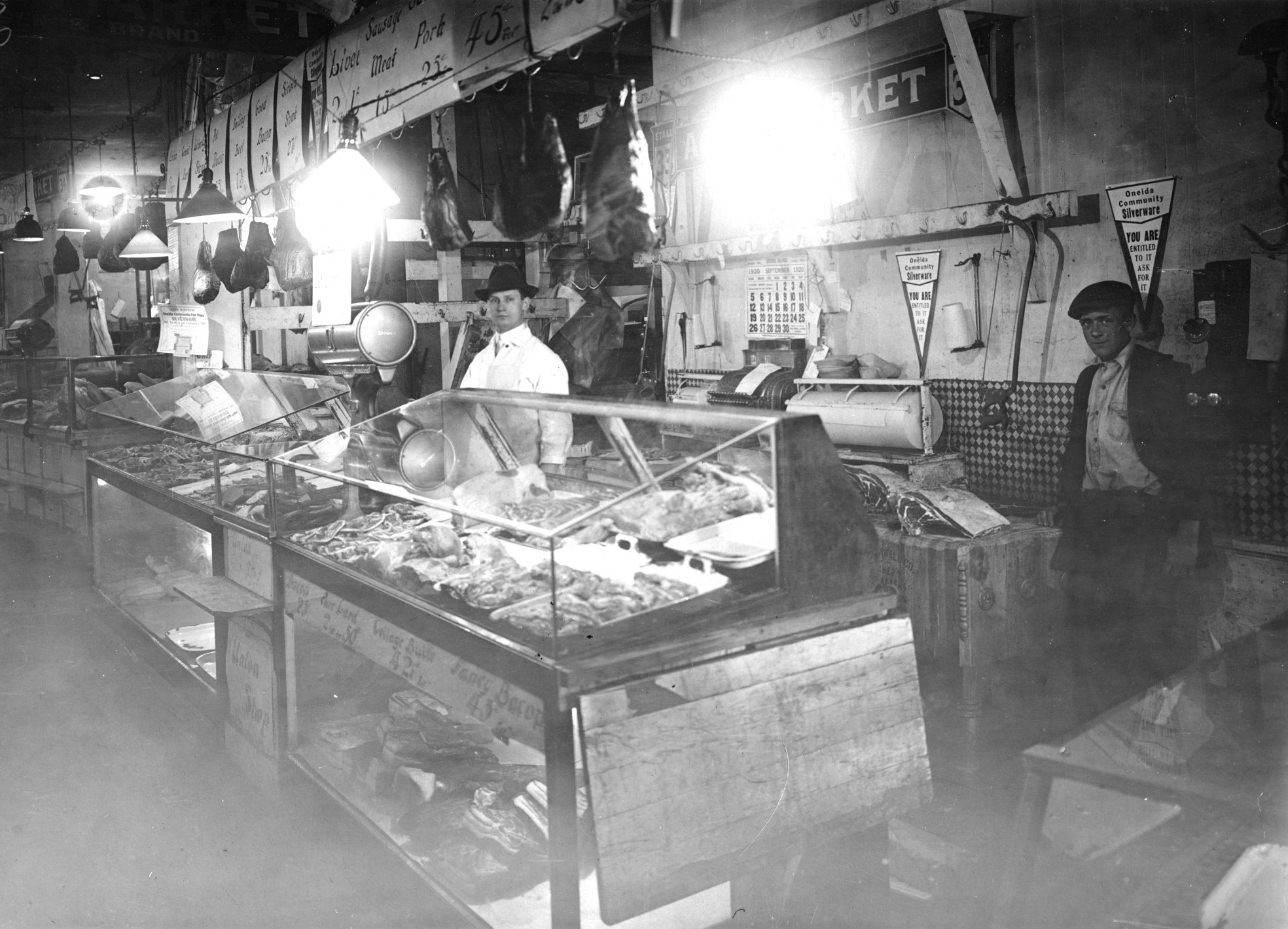
Also in 1946, Local 81 sponsored a resolution at the State Federation of Labor to make this a standard throughout the state. Thus, the Fighting 81st became the first Amalgamated union to achieve a 5-day workweek, basic pay still rising to $60 per week. Shops were open Monday through Saturday, 9 to 6. They also achieved a second week of paid vacation.
The 1940s saw the beginning of the union-sponsored meatcutter apprenticeship school. The first class began at Edison School in September 1947. Initially the program struggled for attendance, but in 1949, Local 81, working in concert with the City of Seattle, required all apprentices to attend the school to be licensed. Thus was established a city-sanctioned program of apprenticeship meatcutting for Local 81, which expanded to King County. This was a major victory for raising retail meat industry standards and for providing employers with a skilled workforce.
By the late 1940s, changes in grocery retailing and improved refrigeration, deli meats, and the self-service case brought more change to Local 81. At this time Local 81 first defined its jurisdiction in its contract as “the cutting and handling of all meat, fish, poultry, and rabbit products,” to protect its members from grocery owners using employees outside the meat department to do their work.
In 1950, Local 81 membership included deli workers, who at the time were mostly women. In 1950, the Local admitted the first meat wrapper to the union, Vivian Keeler, and developed a contract scale for women workers. They also merged with the fish workers union.
A new generation took on the role of leadership of the Union in the mid-1950s, and their first big accomplishment lives on to this day through the establishment of a Health & Welfare Trust and Plan with the Retail Dealers in January 1955.
Early display of self-service meat case.
By the late 1950s, Local 81 had grown to well over 2,000 members. Forty hours constituted a week's work, Monday through Saturday. The Local allowed Sunday and holiday work only in cases of emergency, and then only at double time. Shifts could start at 7:00, 8:00, or 9:00 a.m. A third week of vacation was added for those with 15 years with a company. Wages for journey level meatcutters were $110 per week, and $88 per week for journey level meat wrappers. The Local had strengthened its contracts in the “jobbing houses” (the employers that provided temporary labor to meat markets) and among meat sales drivers. It was the height of post-war power for the Fighting 81st.
1960 to 2000: Creating a Pension, Protecting Our Workweek, and the Great Grocery Strike of 1989
Local 81's second home in the new Seattle Labor Temple at 2800 First Avenue.
One of Local 81's most successful negotiations was in the fall of 1959 when it achieved several firsts in negotiations: a pension program at a 10 cents per hour contribution rate, sick leave (beginning on the 4th day), and a third week of vacation after 15 years. Wages rose to $112 per week and $95 per week for wrappers. They achieved this by agreeing to a 3-year contract. They maintained their hours standards of no selling of meat prior to 9:00 a.m. or after 6:00 p.m. and no selling of meat on Sundays or holidays.
The increasing retail dominance of the chains (Albertson's and QFC both appeared in the late 1950s and early 1960s) created special challenges for Local 81. Increasingly the chain stores introduced new technologies into the meat markets: cry-o-vac (vacuumed sealed) beef being the most evident with the introduction of cutting rooms in their warehouse operations.
The decade of the 1960s was marked by internal political tensions and strikes both in 1964 and 1967. As the meatcutting business changed across the country, meatcutters were debating what direction Local 81 would take in an era marked by the emergence of an employer bargaining coalition—Allied Employers, Inc.—and the dominance of the new grocery chain stores. A strike in 1964 spurred change in union leadership and new priorities for meat department workers.
As grocery stores expanded their hours, it became increasingly important for Local 81 to ensure that the Union defended their 40-hour workweek. They achieved this by bargaining language to provide a 40-hour guaranteed workweek and company-wide seniority language. The 1964 contract contained these two critical provisions. The 1967 contract took a third step in developing journeyman-on-duty language that ensured that employers could not try to cut labor costs by hiring only apprentice meatcutters.
Local 81 also engaged in two critical grievance arbitrations in this decade: Peck (1966) and Gillingham (1970), named for the arbitrators in each case. Both of these decisions strengthened the 40-hour guaranteed workweek for members and provided the foundation for full-time rather than part-time employment, and company rather than store-wide seniority.
Under the leadership of Konrad Johnson, assisted by Mel Roundhill, Frenk Rutledge, and Sid Casey (a fourth business agent being added in 1970), Local 81 defended and strengthened its contract in these years. It maintained the prohibition on the selling of meat before 9:00 a.m. although it allowed the selling of meat until 9:00 p.m. At the time, no selling of meat was allowed on Sundays or holidays. The Local achieved a fourth week of vacation in 1967 as well as funeral leave. The Local also introduced a non-discrimination clause in their contract. Journeymen meatcutter wages were $3.82/hour, $3.35/hour for journey-level women workers. Not until 1971 did the contract refer to meat wrappers, a practice common in union contracts at the time when the workplace included men and women.
In its 1971 contract, Local 81 allowed Sunday and holiday work but at the rate of double-time. Pension contributions were 20 cents per hour. Sick leave was allowed on the 3rd day of illness. A crucial cost-of-living formula was also placed in the contract. In 1971, a birthday holiday was added to the contract. (In 1977, one's anniversary date was added as a holiday.) By 1979, journeyman meatcutter wages stood at $9.29/hour and journeyman meat wrappers at $7.72 per hour. Pension contributions had risen to 60 cents per hour. Aided by cost-of-living clauses, wages had doubled between 1967 and 1979.
The devastating inflation of the late 1970s produced a wave of reactionary anti-unionism in the United States. Local 81's history parallels this attack. The decade of the 1970s saw a see-saw struggle with Allied Employers and a pattern of short, but largely successful strikes. The Fighting 81st maintained strong contracts in both the retail and jobbing houses. There was, however, a steady erosion of membership in the packing houses, as the emergence of more rapid transportation and refrigeration brought increasing economic pressure as employers moved their production to so called “right-to-work" states. A measure of this was the merger of the Amalgamated with the Retail Clerks International Union in June 1979, forming the United Food & Commercial Worker's International Union. Interestingly, Local 81 was the only Amalgamated local to vote against this merger.
The election of Ronald Reagan in 1980 and the breaking of the air traffic controller strike set the stage for a further attack upon organized labor in the 1980s.
Local 81 lost over 300 members early in the 1980s in a series of jobbing house de-certifications. In 1983 the employer community settled with the Retail Clerks but launched an attack upon Local 81's contract. Local 81 struck Lucky's stores. Other Allied members locked out Local 81 members and, for the first time, locked out Local 81 members in Kitsap County.
Local 81 members steadfastly maintained the strike lines. Under the threat of permanent replacement, Lucky members returned to work reluctantly while the picketing continued for a total of 71 days. When a settlement was reached and after much internal strife, the members went back to work, though the sting of the bitter strike lingered for many years. The cost-of-living escalation clause was lost. Sunday and holiday premiums were reduced to time and three quarters. Pension contributions were increased to ninety cents, but less than the retail clerk contribution increase. Specific language was added that allowed fine ground beef into the markets without restrictions. Local 81's medical plan was merged with the retail clerks.
Esther Baxter President of UFCW Local 81 1985-1987
With all the strike-related expenditures, Local 81's assets were nearly depleted. In its 1984 elections, the Local reduced its full-time officers to three: Esther Baxter (President and the first woman officer of Local 81), Tony Abeyta (Secretary-Treasurer), and Steve Anderson (Recording Secretary). Serious talks commenced about merging Local 81 with Local 1105. The 1986 contract negotiation fortunately avoided another strike, but at the price of introducing a service counter wage classification with a lower wage and benefit standard and also allowing further expansion of the employers’ ability to introduce prepackaged and priced products into the markets. For the first time in its history, the Local settled for lump sum bonuses rather than hard wage increases.
The 1988 election was another watershed election for Local 81 with the selection of Tony Abeyta as President, Mike Williams as Secretary-Treasurer, and Steve Anderson as Recorder.
Tony Abeyta, a Safeway meatcutter with little ties to the factions which fragmented the Local in 1983, ran on a platform of ending concessionary bargaining, opposing a merger with the clerks, and promoting internal unity within Local 81's office. One of his first tasks was to return Local 81 to a four-staff office with the addition of an organizer/business agent, Steve Conway. He also set upon the task of building stronger relations with the retail clerks.
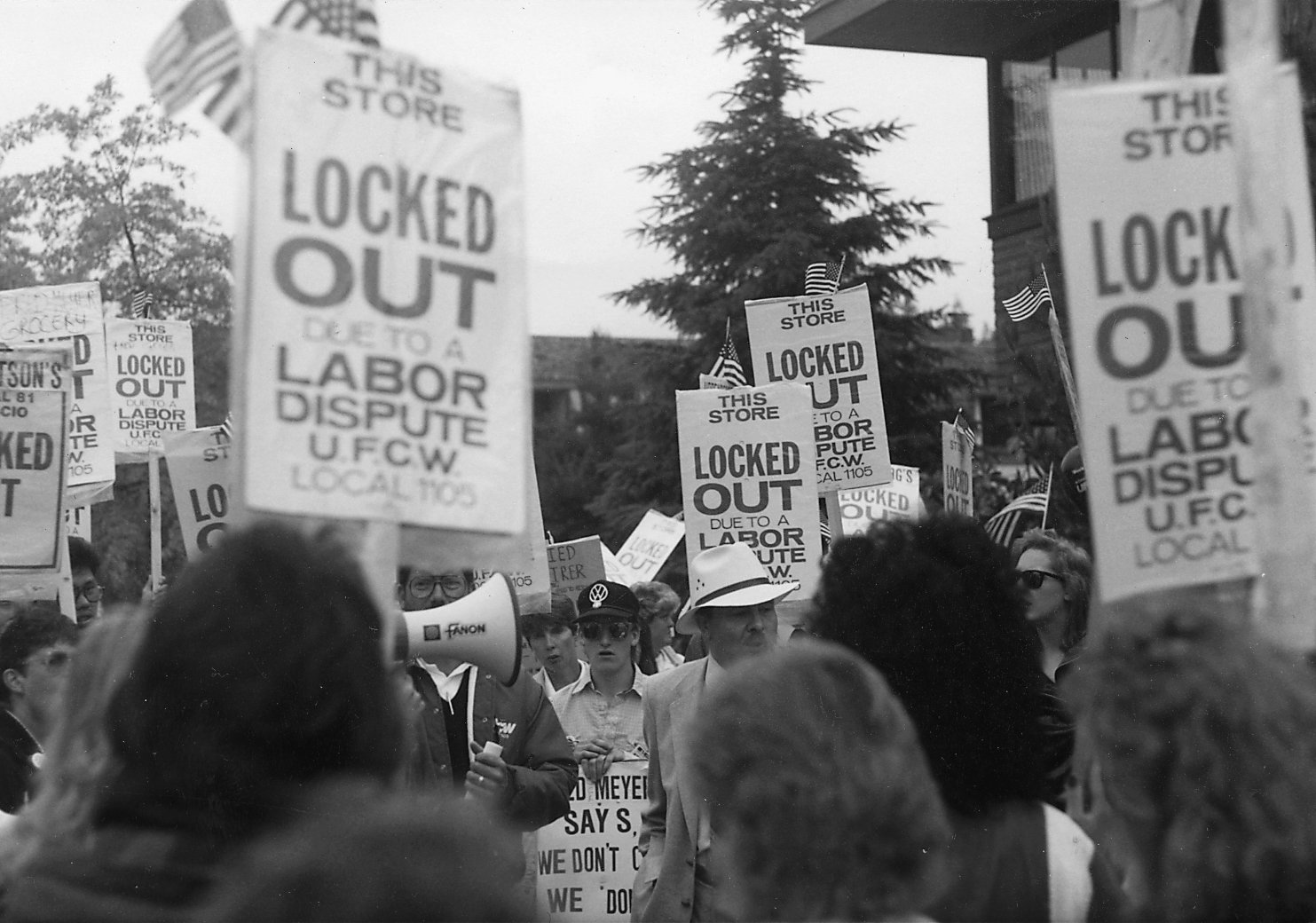
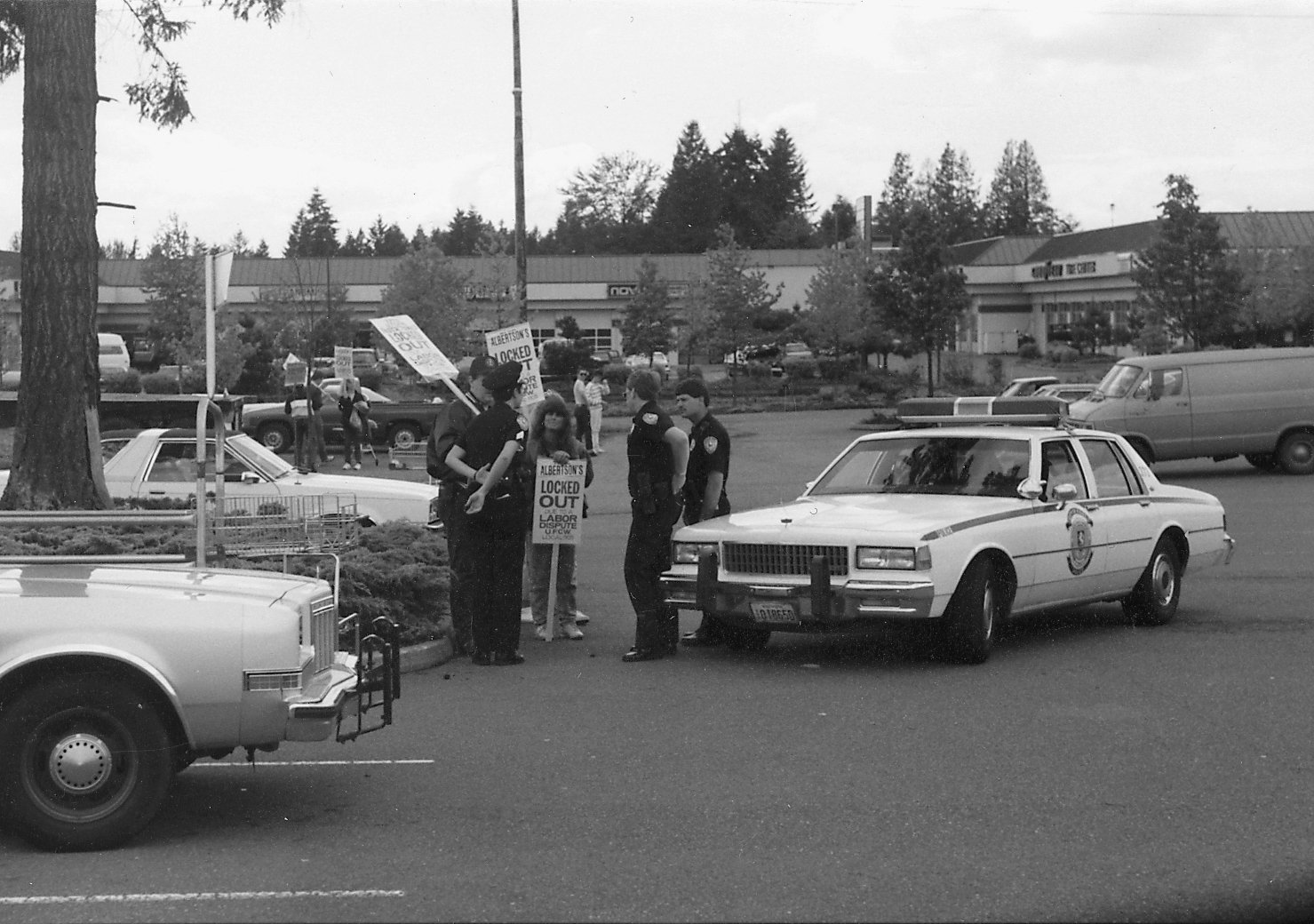
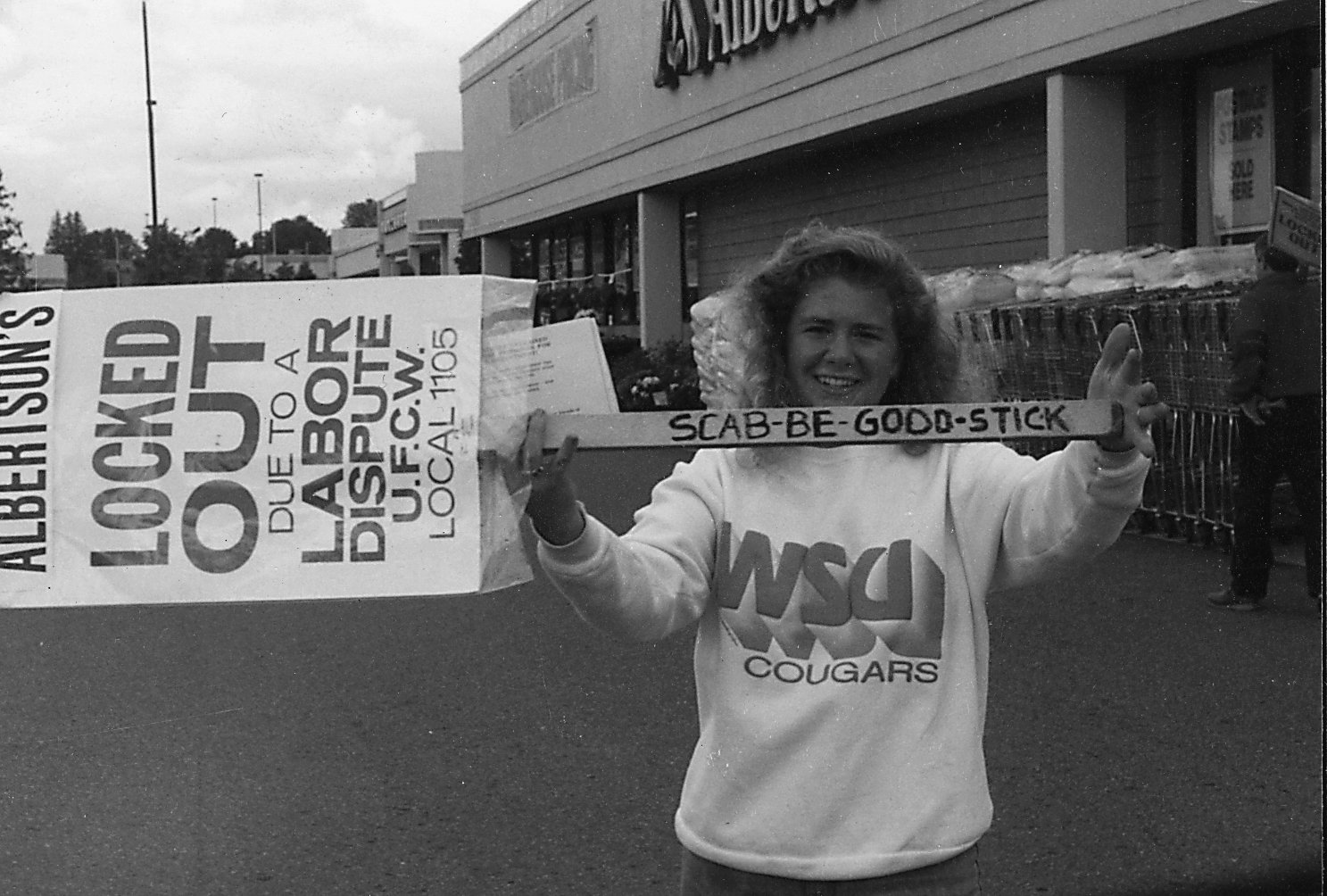
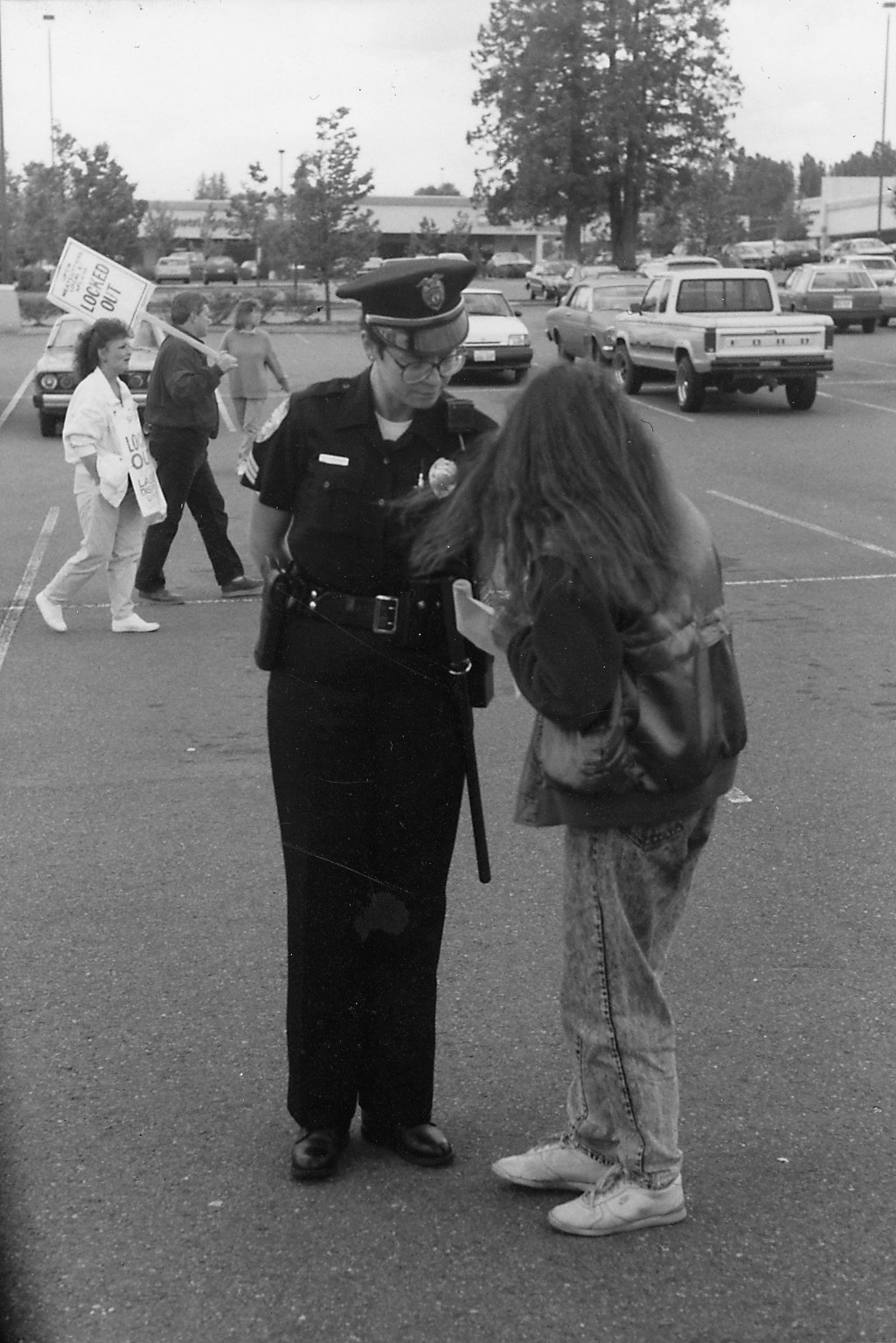
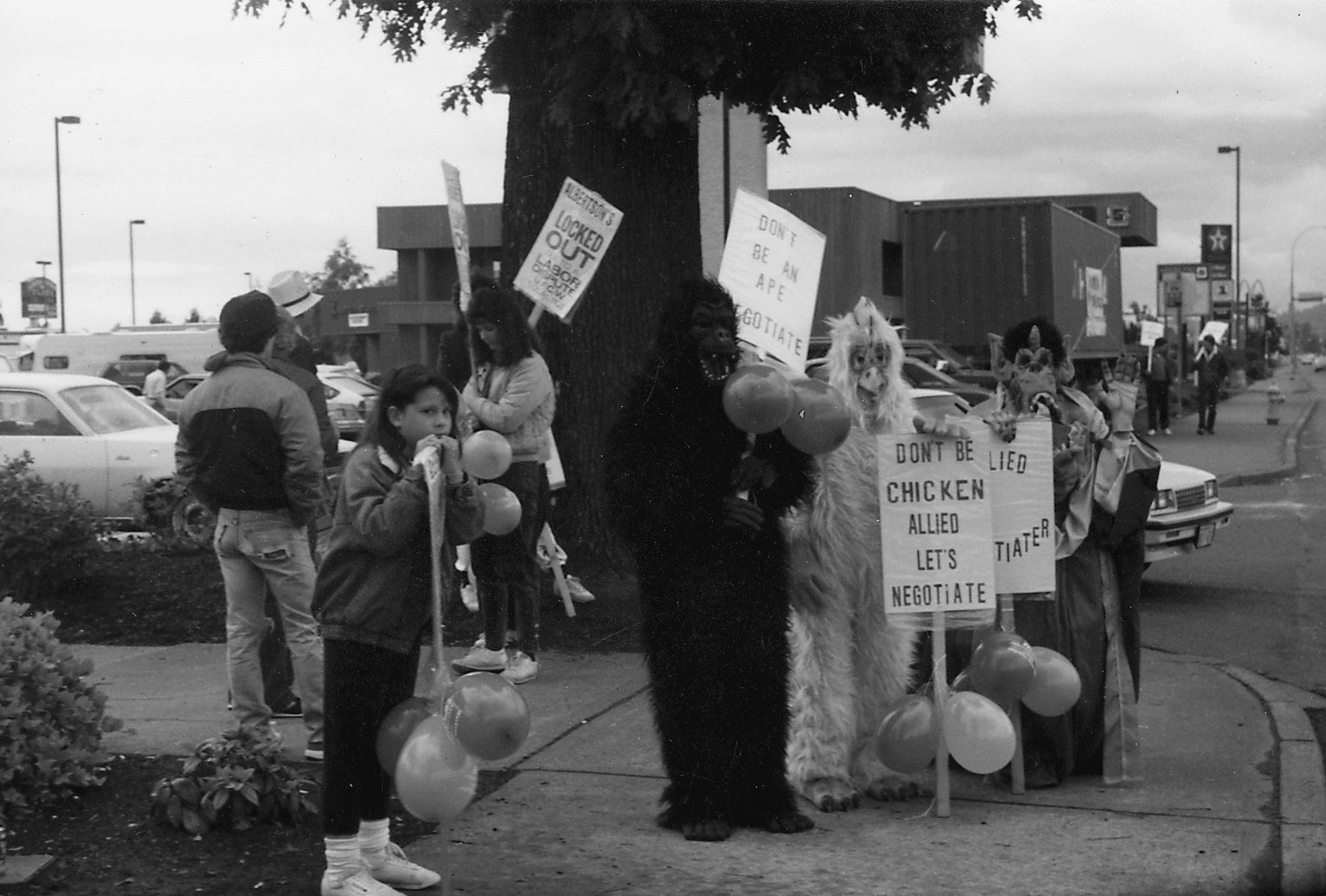
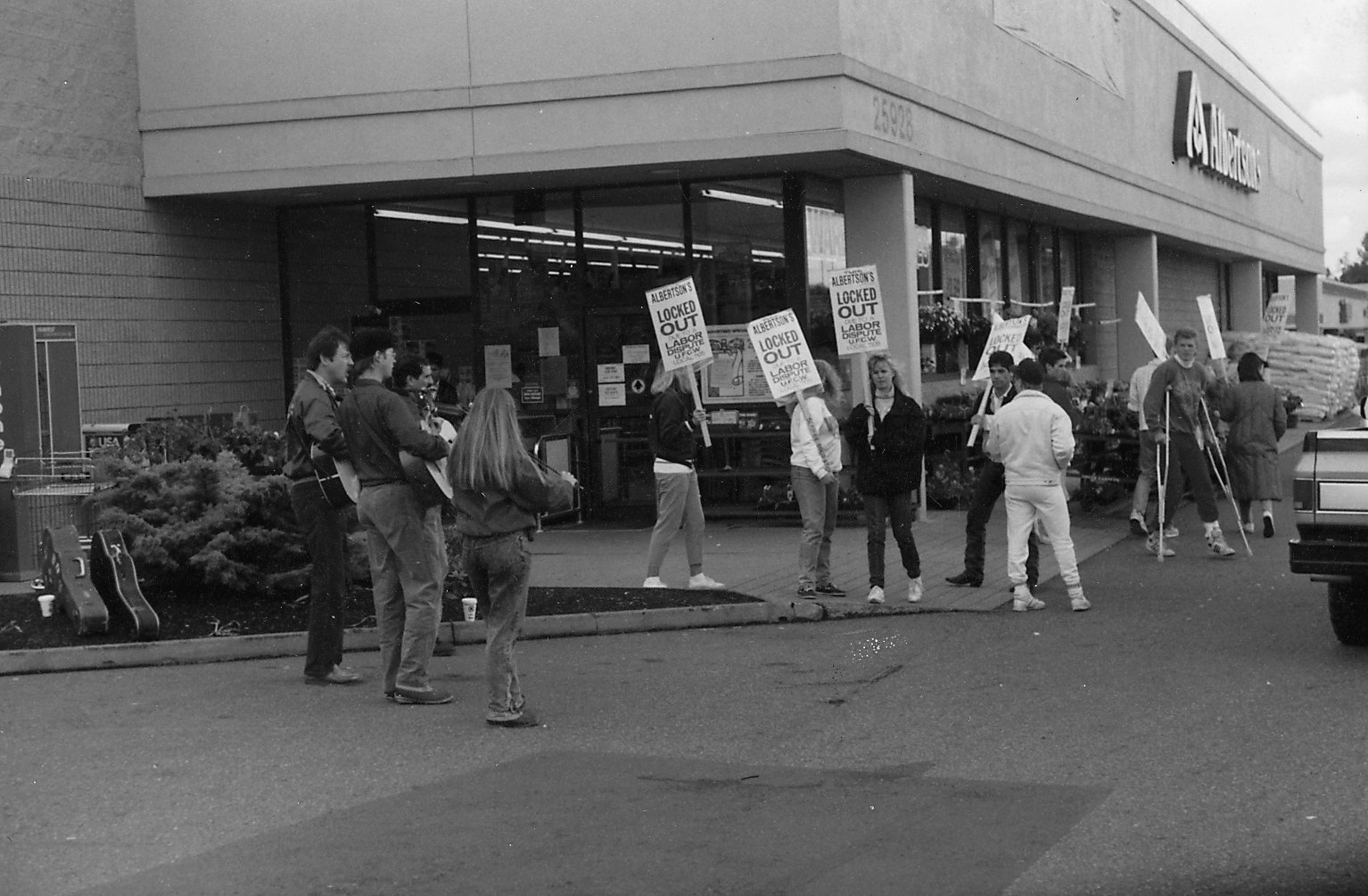
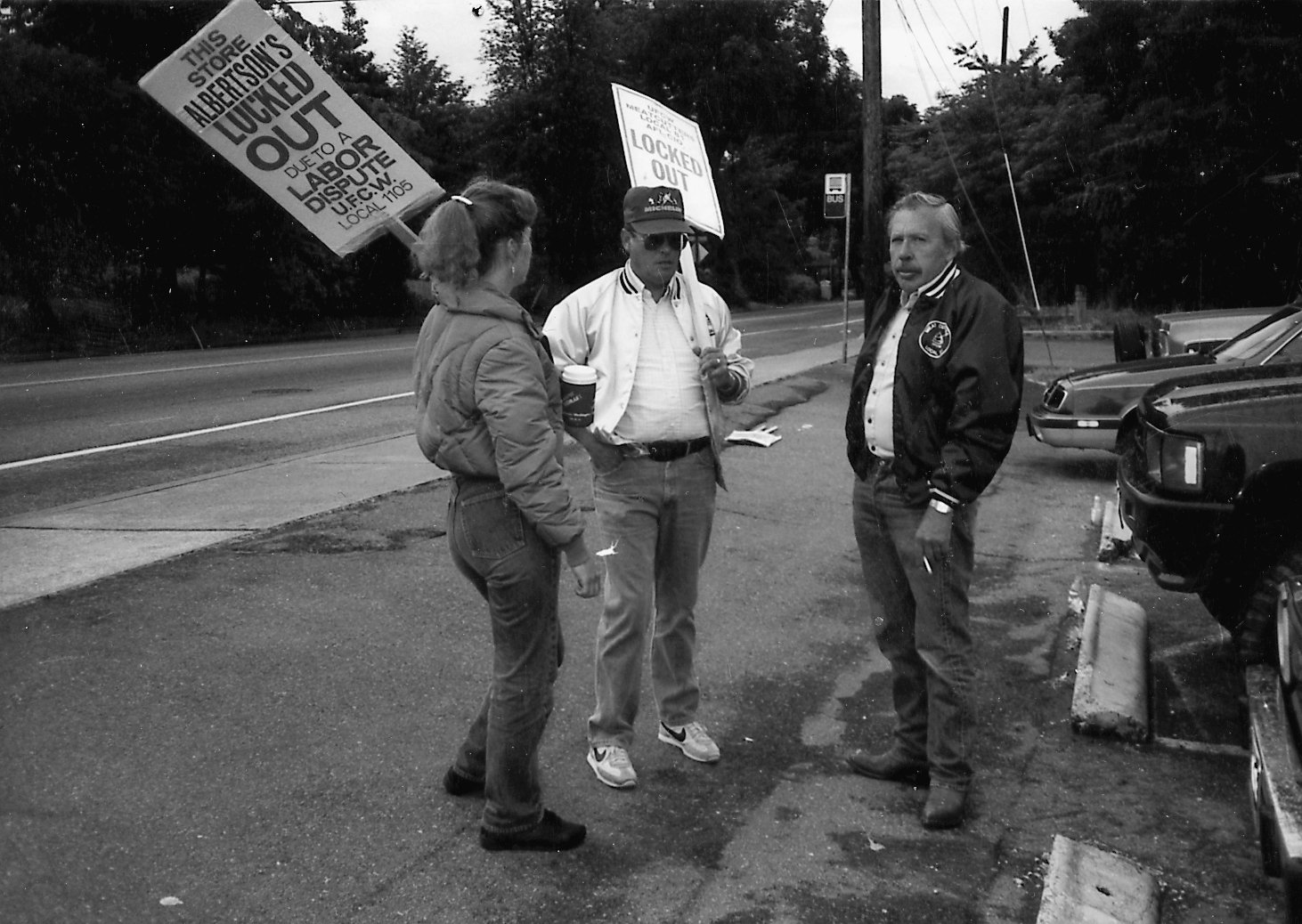
The stage was thus set for perhaps one of Local 81's most successful strikes since 1964: the grocery strike of 1989. The Employer community entered the negotiations with a desire to change the Sunday premiums. UFCW Locals 81, 44 (the meatcutter local from Snohomish County and north to the Canadian border), and 1105 entered the bargaining with a common goal of ending the decade of concessionary bargaining. The Puget Sound locals carefully coordinated their bargaining strategies. In May, Locals 81 and 1105 struck Food Giant, followed by a lockout in other King County Allied stores. This strike/lockout would last 81 days. When the smoke cleared, Sunday premiums remained intact, although Local 81 reduced its premium to time and a half in exchange for increasing pension contributions and hard money wage increases.
Local 81 emerged from this strike with strong reserves and an active membership. Under the leadership of Abeyta, the Local invested its surpluses wisely, an investment strategy which eventually allowed the local to purchase its own office building in Auburn in 1996. In 1992, 1995, and 1998, Local 81 managed to achieve early settlements, the most significant improvements being made in both the pension and health & welfare programs. By 1998, Local 81 had achieved an early retirement program which allowed its membership to retire with full pensions at 55 years of age and thirty years of experience. Unlike many unions which saw a steady erosion of health and welfare coverage, Local 81 continued to achieve improvements, and in fact established a Retirees Health & Welfare Plan in 1998. Wages steadily increased so that by the end of the decade Local 81 had some of the highest wages on the Pacific Coast. This had been achieved with no takeaways in the contract and no expansion of the duties of the service counter workers (an expansion in California had gutted their contracts). Abeyta crowned his administration by establishing a Retirees Club, a Sunshine Fund, and also dispatching Business Agent Steve Conway to the State Legislature to assist the Local and the state labor movement with their many needs, the first member of Local 81 to serve in the Washington State Legislature. After a serious stroke, Abeyta retired in May, 1999, and so Michael Williams took over as President.
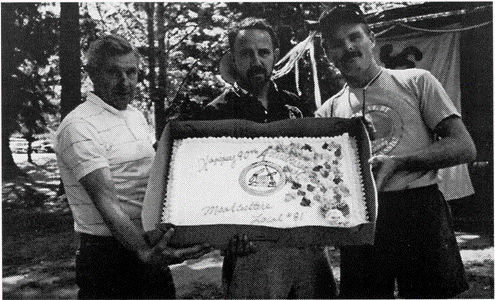
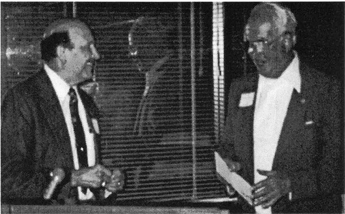
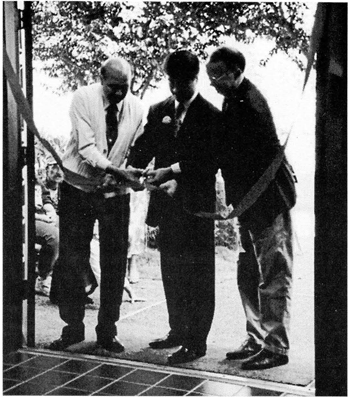
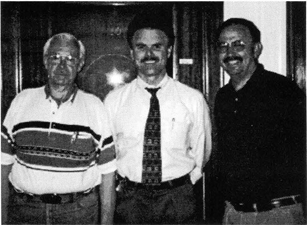
The most worrisome development in the late 1990s was the continued inroads made by prepackaged, pre-priced meats and products. In 1998, Associated Grocers announced the setting up of a centralized meat cutting plant in Tukwila. After several years of protracted negotiations, and under the leadership of newly elected president Michael Williams, Local 81 merged with the packinghouse union representing these employees, UFCW Local 554.
Local 81 protest Walmart's role at WTO rally.
Local 81 entered its second 100 years with a membership of over 2,000 and its finances remaining solid, but the new century brought more important challenges. The continual expansion of non-union discount grocers like Walmart, K-Mart, and WinCo threatened the family-wage standard of the grocery and meatcutting industry. Increasingly many chains moved toward expanding their use of prepackaged products, but public concern for service and food safety stood as barriers to its expansion.
2000 – 2024: Expanding the Apprenticeship and the Creation of WeTrain Washington
Over the last century meatcutters had to deal with grocery stores displacing meat markets and with canned, frozen, and prepacked products displacing fresh-cut meat. Now the problems centered around corporate consolidation of union-represented stores into national and international conglomerates, plus the continued expansion of anti-union employers like Walmart and Target.
During past contract bargains, the Retail Grocery Clerks locals and Meat Department locals at times had differing priorities at the bargaining table that led to one group engaging in a protracted struggle without the aid and solidarity of the other. But that was quickly changing due to the historic consolidation in capital.
Since the Seattle Meatcutter Apprenticeship Program had always been a regional instruction program to assure a skilled workforce in King County, the executives for these national chains had little incentive to prioritize supporting educating the next generation of meatcutters. Another issue was that the recession of the early 2000s caused budget cuts in government in Washington State, and so enforcement of licensing requirement for meatcutters in King County was barely enforced.
Local 81 not only continued to support the program but revitalized it in the early 2000s, as a new generation of workers took over the program.
Paul L. Gerhardt was working at Safeway as a market manager, and became the primary meatcutter apprenticeship instructor in 2000 when the position opened up. Paul quickly set to work to revise and update the curriculum. He added instruction about good customer service, the best way to cook the different cuts, and new inventory computer programs.
Paul and a new business agent, Tim Phelan, worked to grow enrollment in the program, which at the time had just 20 apprentices. In a few short years, the number of apprentices attending class had grown to 85.
Paul Gerhardt had always had a passion for teaching, so he pursued his own education and earned his PhD in Management and Organizational Behaviors. In 2006 he left Seattle Meatcutter Apprenticeship Program to become a fulltime professor. He went on to be a professor and the District Program Coordinator for Business, Management and Marketing at Pierce College.
Throughout the 1990s and into the early 2000s, union members in meat departments and in grocery maintained a health and welfare plan that had next to no cost to the workforce. Health and welfare plans were, in many areas of the country, the single greatest benefit that UFCW members in the grocery industry enjoyed. Since the health care trust was shared by both grocery clerks and meat department workers, their collective interests and their common problems were increasingly one and the same.
Health care was at the center of the 2003–2004 Southern California Grocery Strike. The national grocery chains who were involved—Safeway (Vons in SoCal), Albertsons, and Kroger (Ralph’s in SoCal)—would be the same employers that the unions in the Northwest would be dealing with soon in their negotiations.
Lasting over 4 months, the 2003 SoCal Strike is still the longest grocery store strike in U.S. history, and it resulted in a health care plan that was very different from what was previously enjoyed by workers. With markets across the US and even Canada, these behemoth corporations were determined to weather a long and effective strike to be able to lower their labor costs by cutting worker health plans.
In 2004 in the Northwest, there was rock-solid solidarity between Locals 81, 1105, 44, and Teamsters Local 38 (which represented some grocery clerks in Snohomish), and they engaged in a contract campaign that managed to beat back the worst of what SoCal had been forced to accept. But there was a sense that the newly found strength on the employer side had to be countered, and that small industry-specific locals couldn’t take on the boss the same way—not just in grocery and meat, but in the wider U.S. economy.
This was not exactly a new problem. The Local 81 strike in 1983 had emptied the Union’s bank accounts. It takes money to run a strike, but members aren’t paying dues during it. After the brutal 2003 SoCal Grocery Strike and the resulting shift toward saddling workers with more health care costs, things had to change.
In 2005, it started with the biggest grocery clerk local, UFCW 1105, and the retail and health care local, UFCW 1001, joining with other locals to create UFCW 21, a new local that would have members in many varied industries. In 2009, UFCW 44 merged with 21, and then in 2011, UFCW 81 merged into Local 21, creating a union local representing meatcutters in most of Western Washington.
UFCW Local 81 had been stewarding the Seattle Meatcutter Apprenticeship Program since 1946, and now that UFCW 21 and 81 were one local, it became a priority of the merged union, especially for Tim Phelan, a longtime union representative who had worked in the meat business all his life. Faye Guenther, a staff director at Local 21 at the time, started working with Tim to make sure the apprenticeship program was a vital part of the meat industry in King County and that it expanded to other areas of the state.
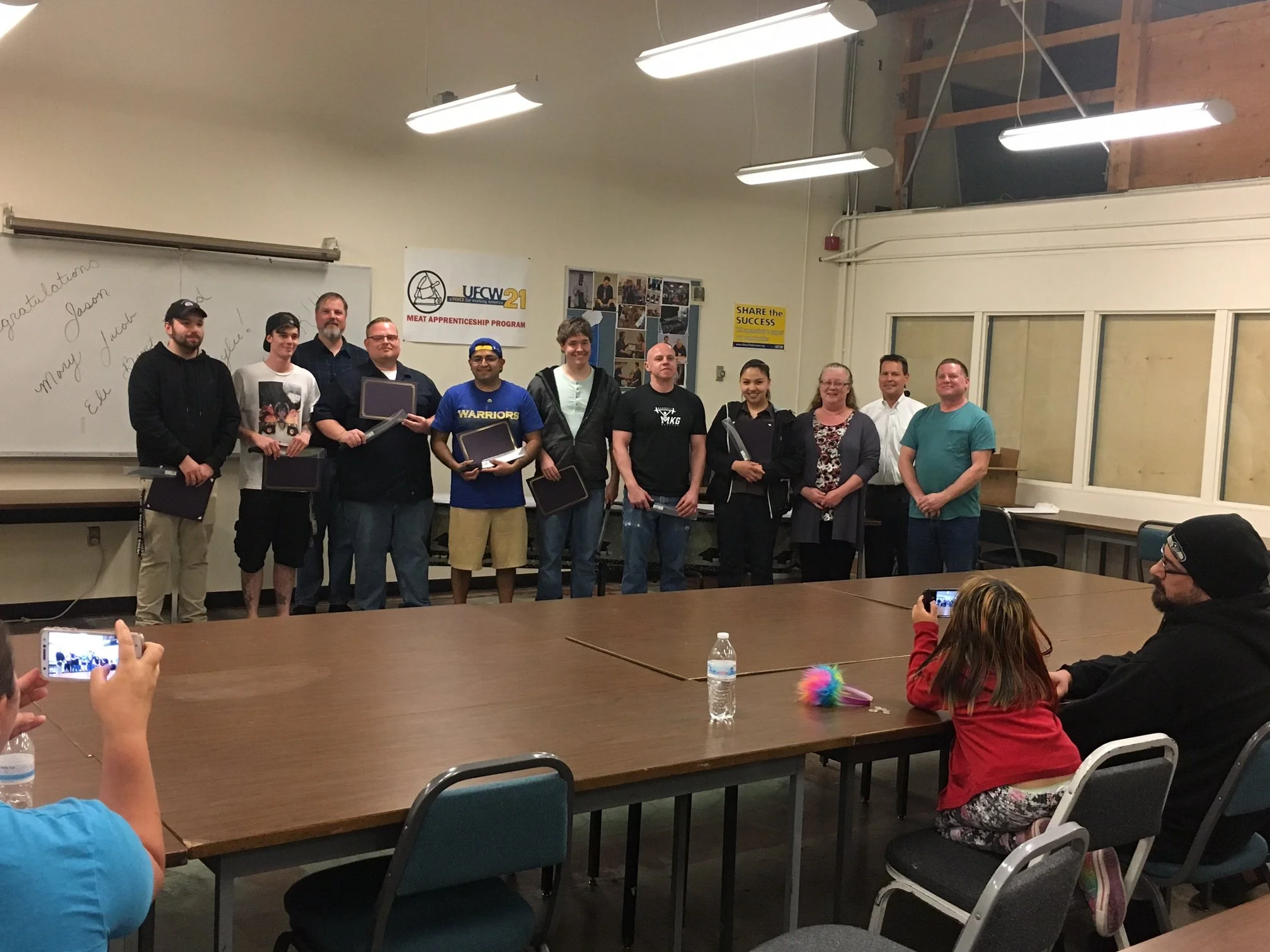
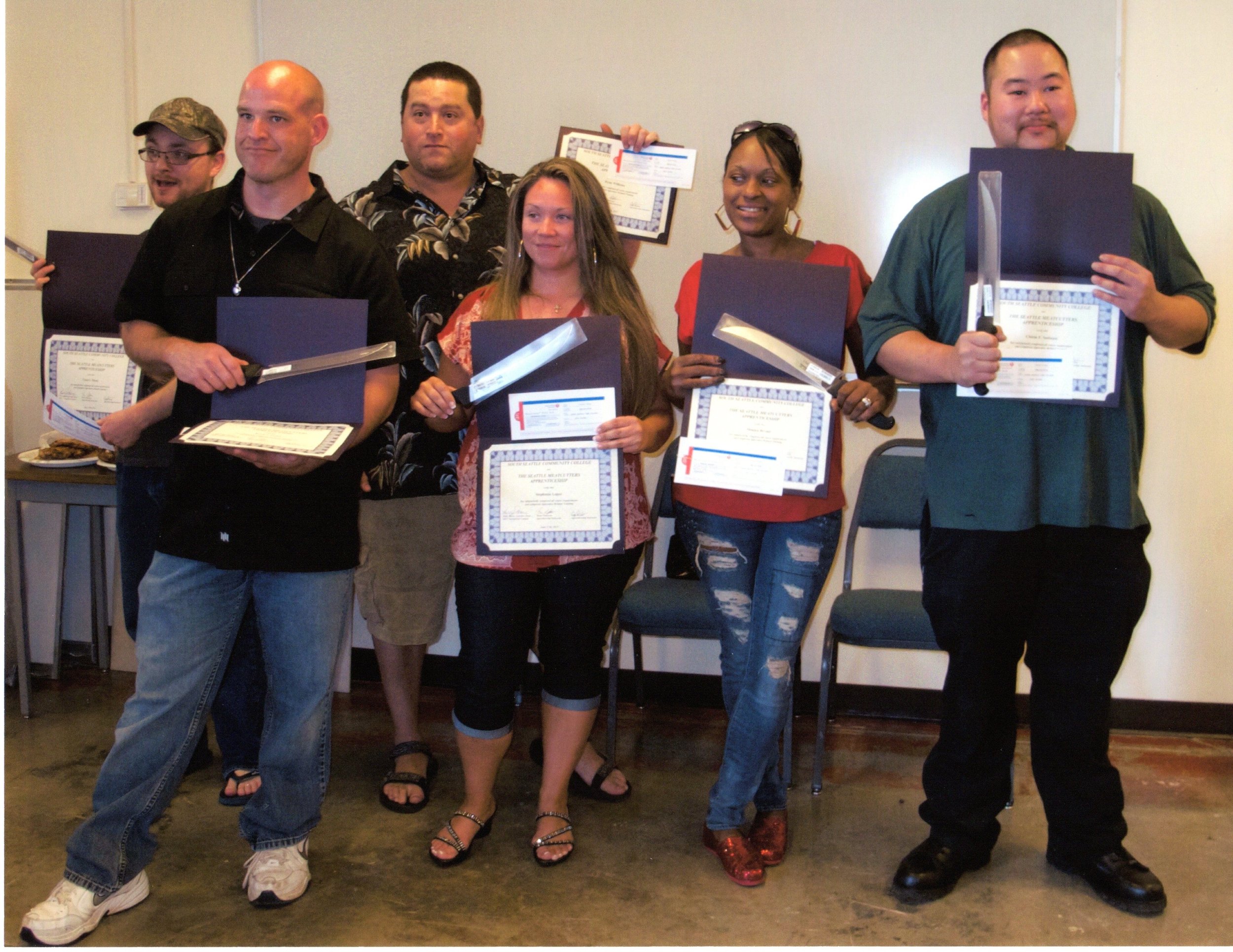
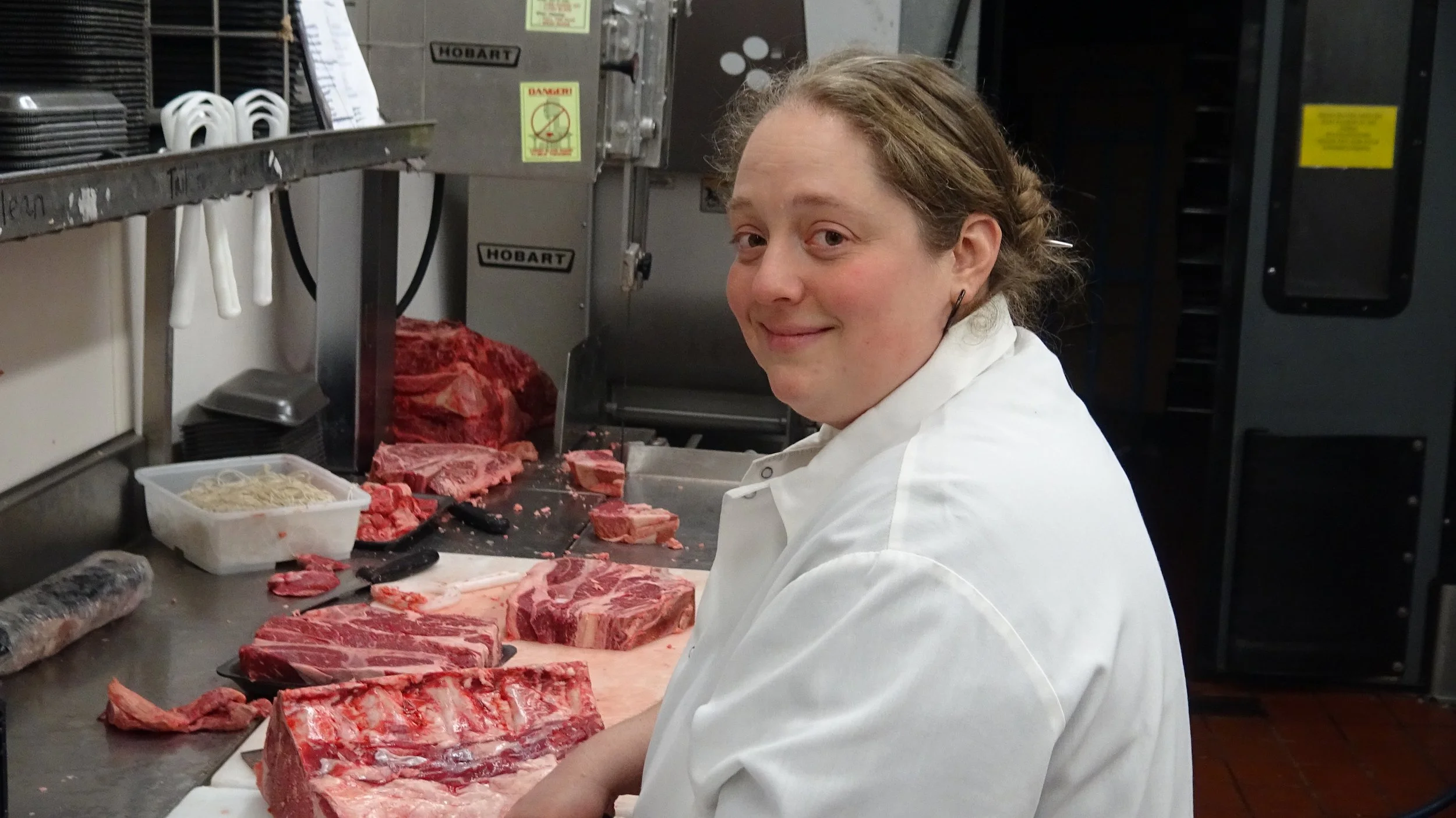
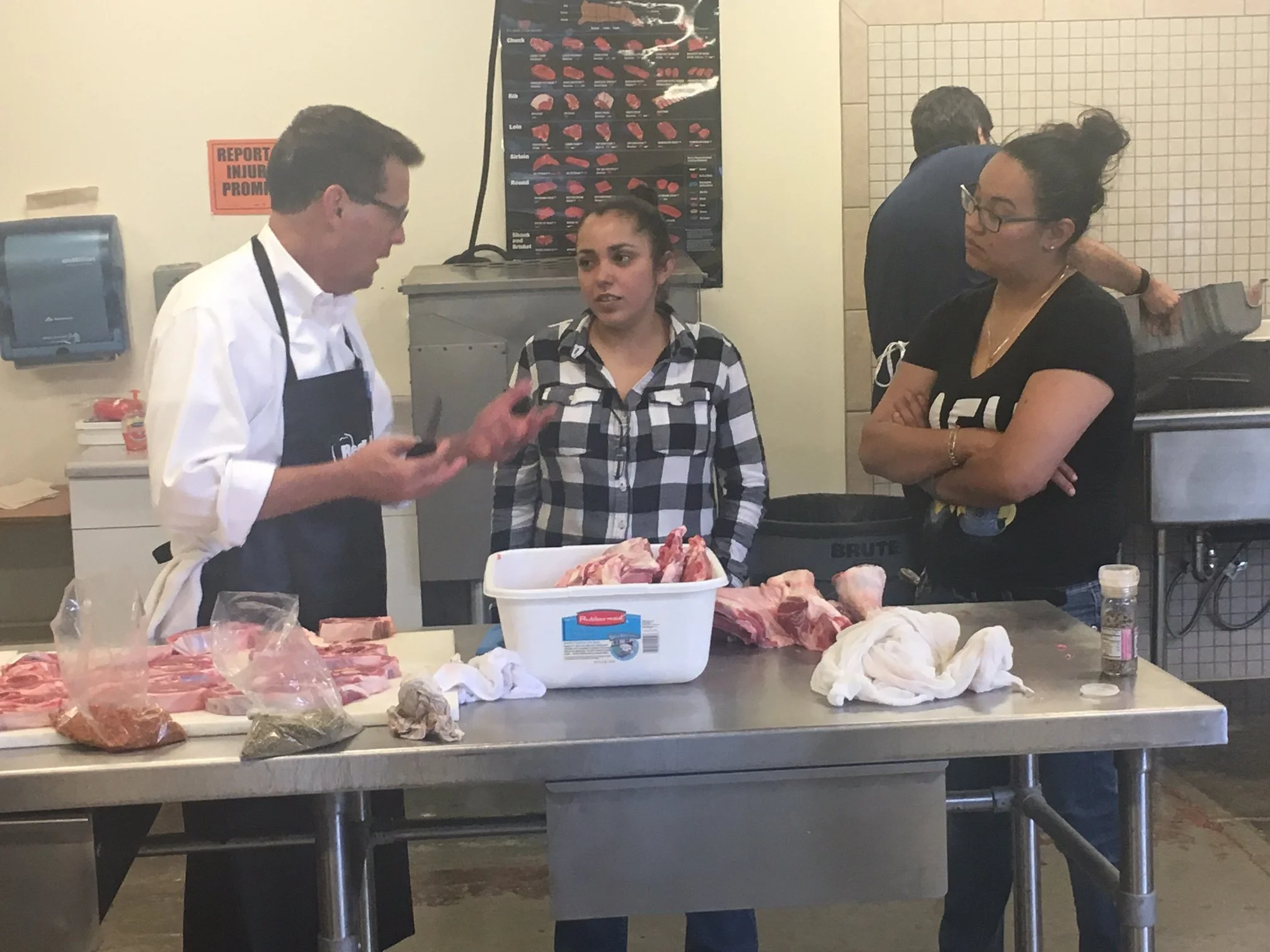
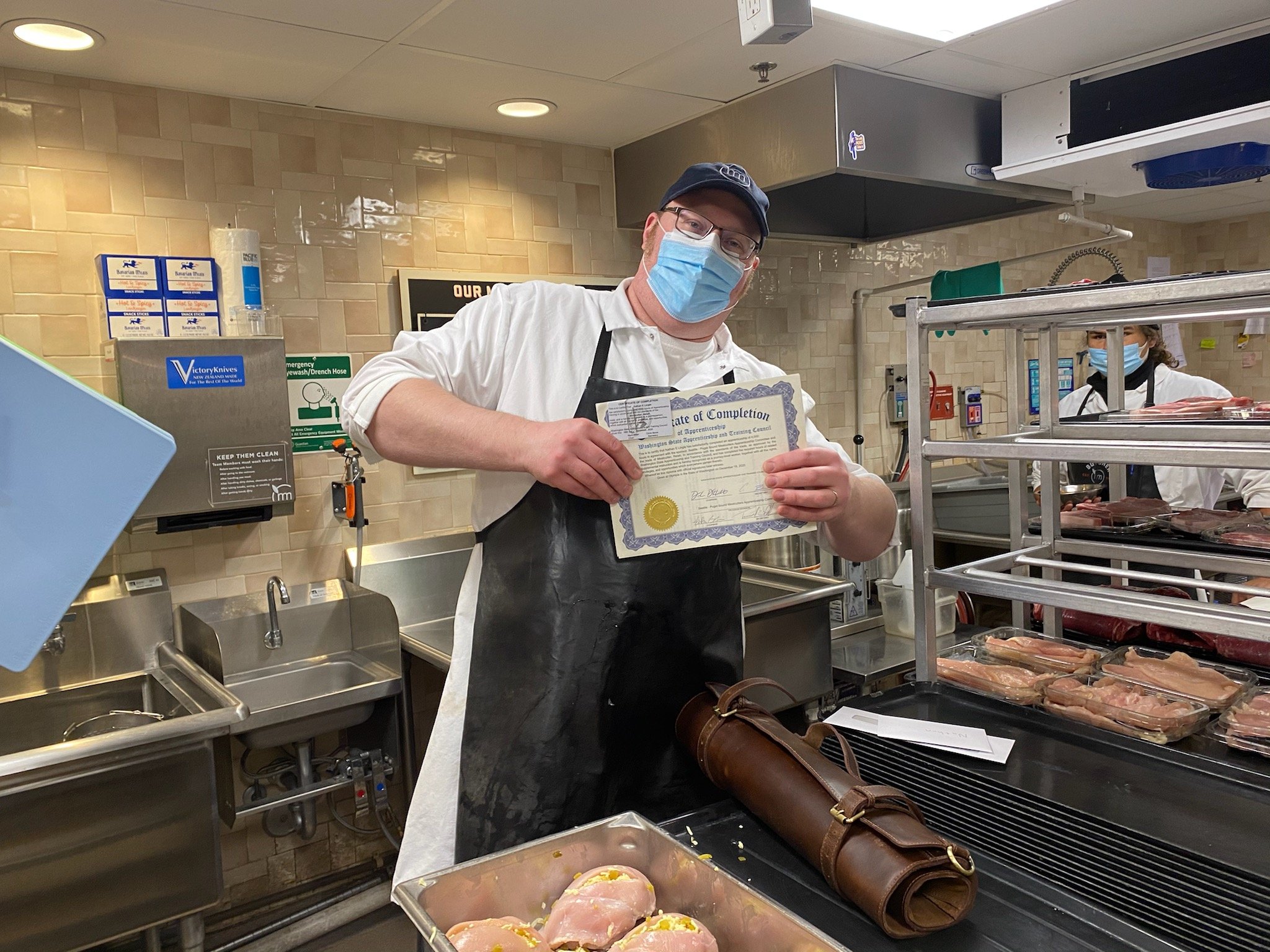
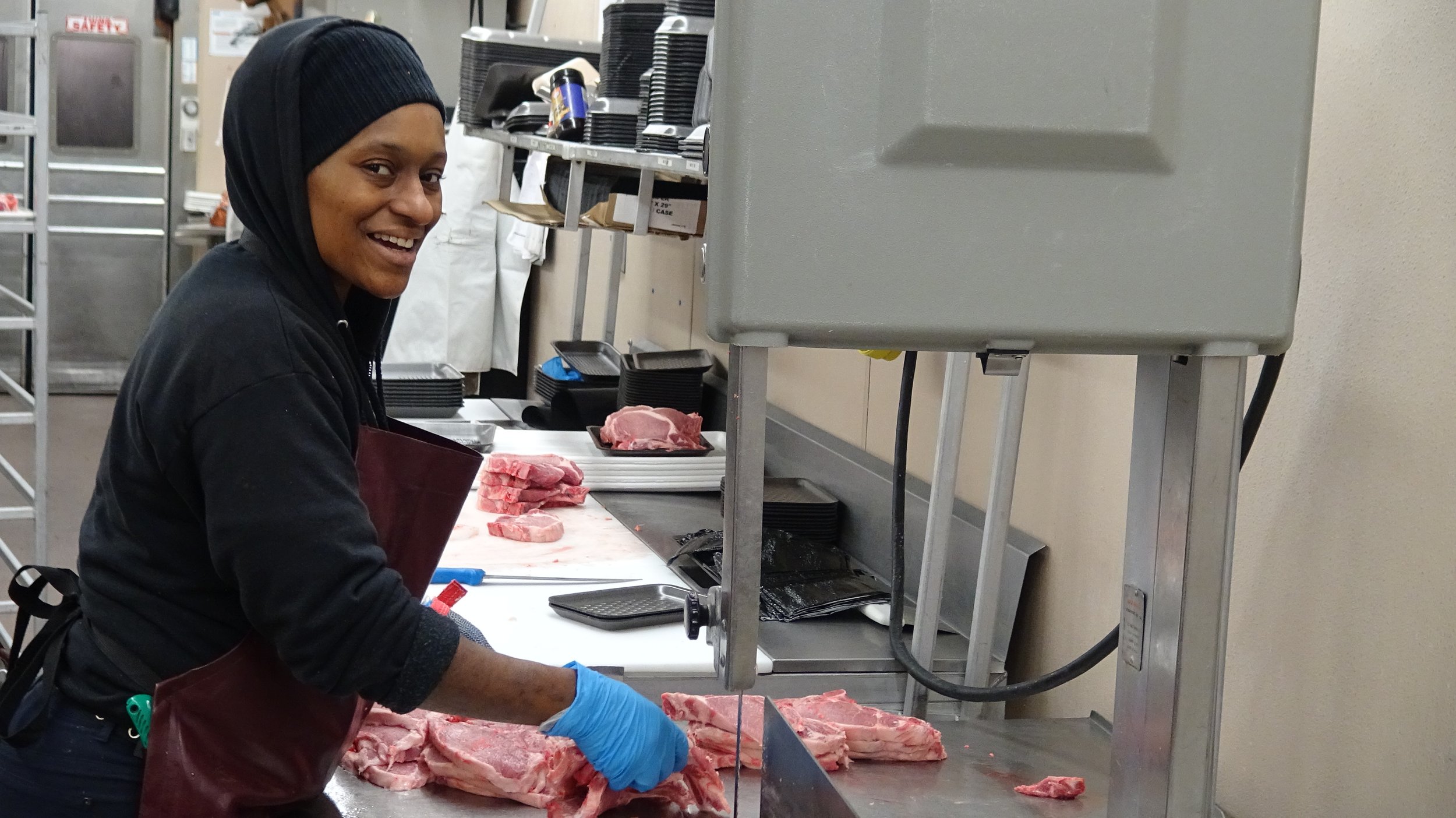
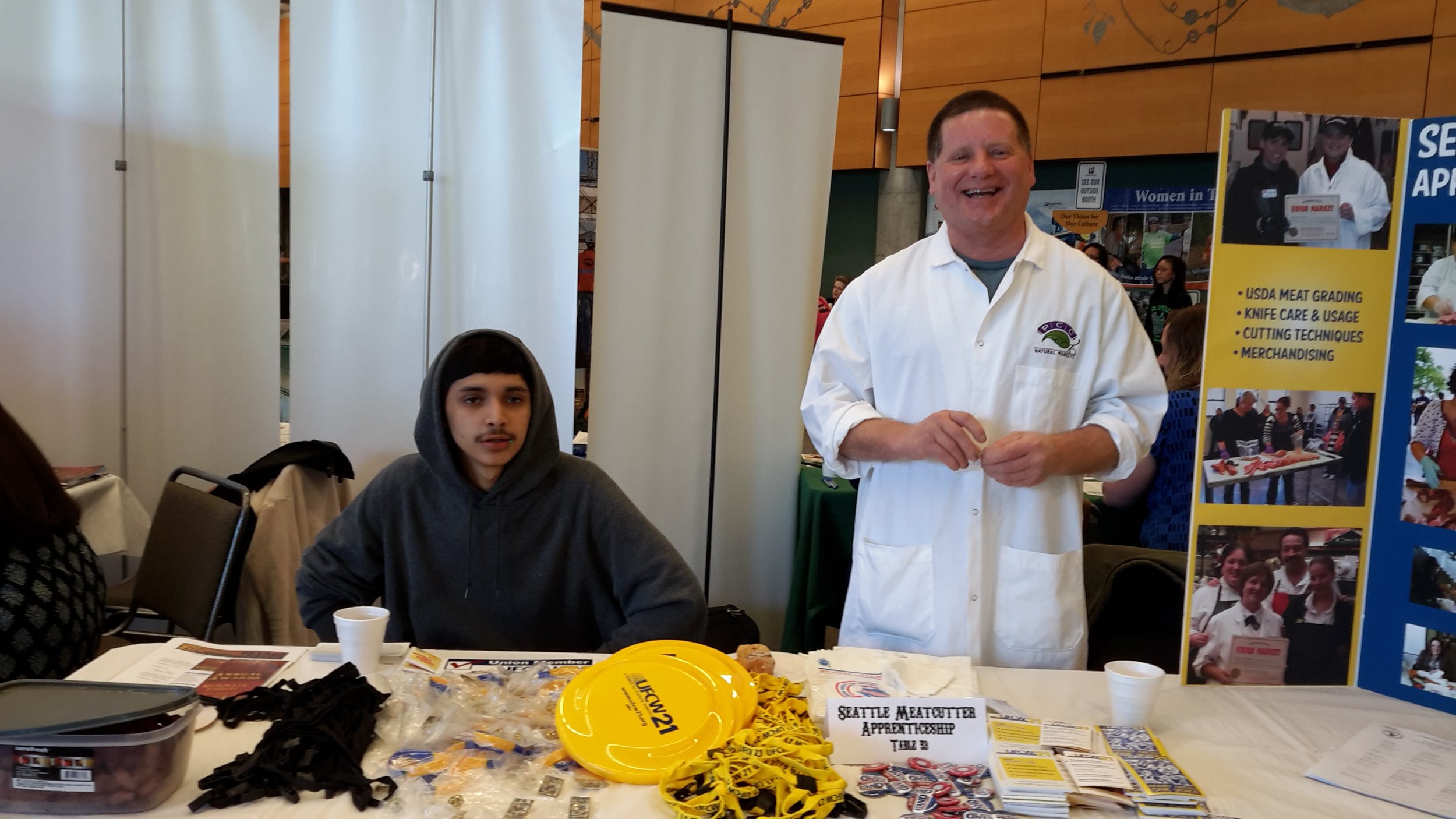
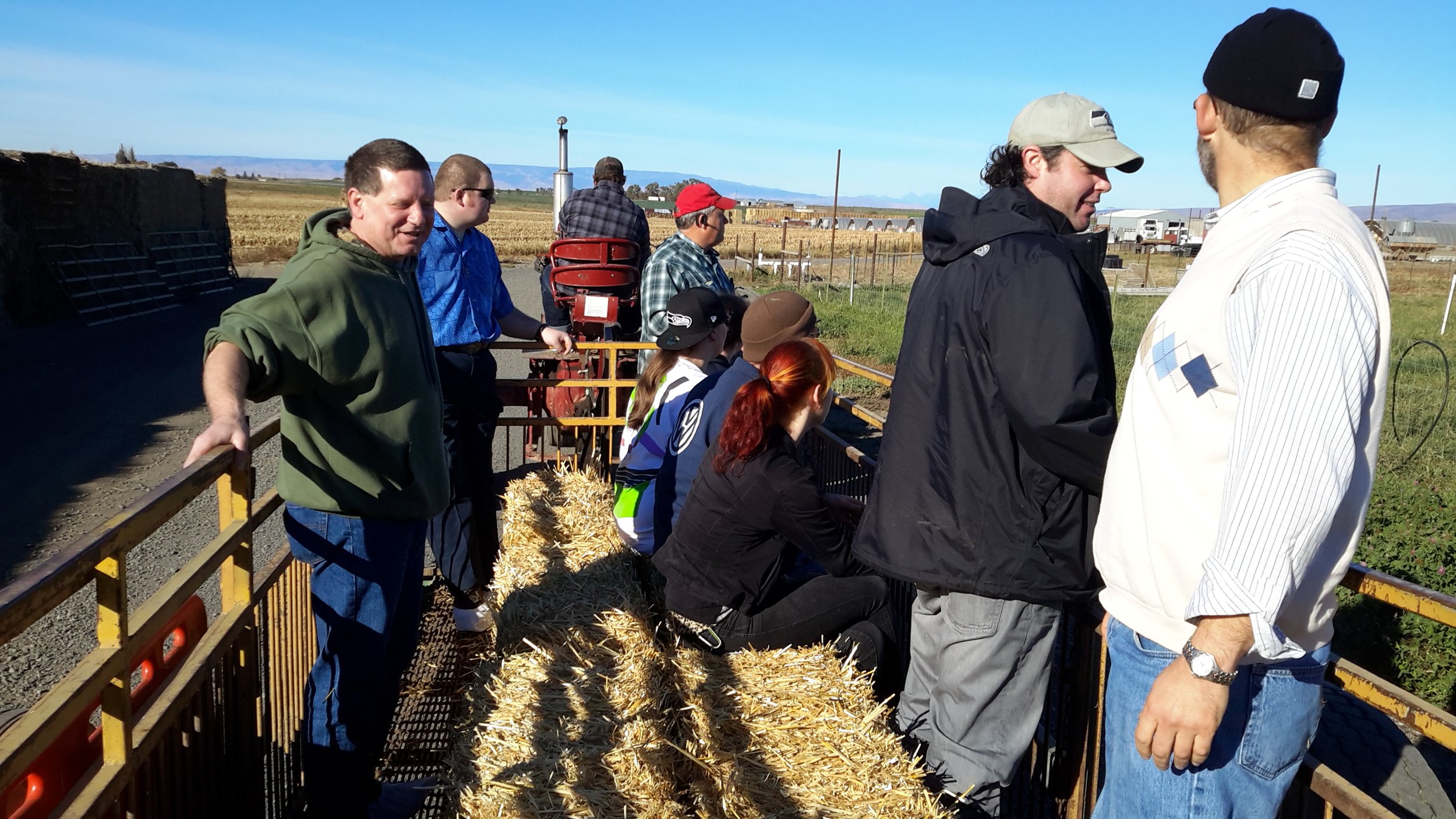
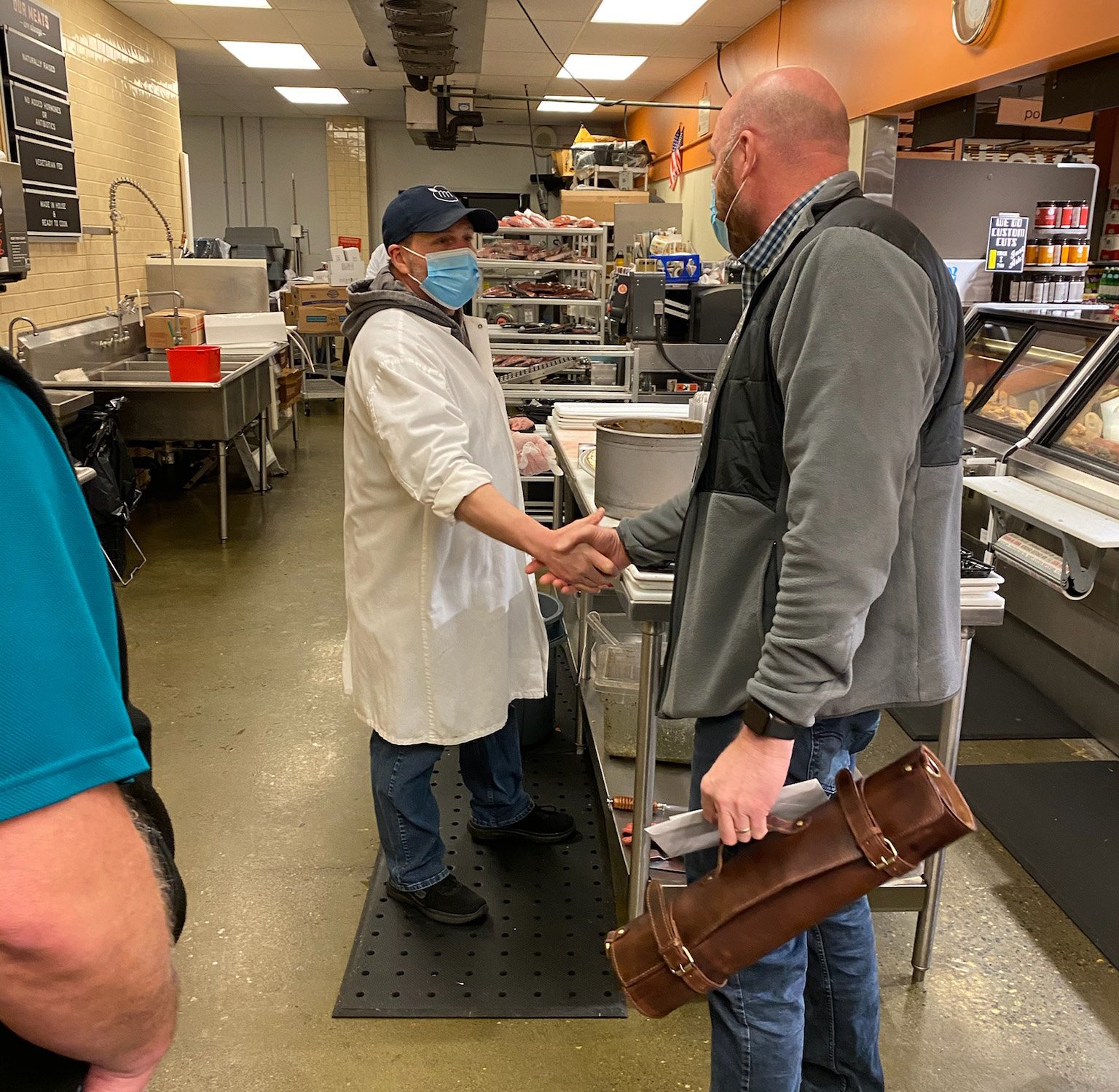
The biggest problem with expanding the meatcutter apprenticeship program was funding. Since it started in 1946, the program was run mostly with volunteers from the meat industry who stepped up to serve on the board and meatcutters who made sure that their apprentices went to school. The only paid positions with the program are in-class instructors. Faye and Tim began getting connected with other apprenticeship programs and schools that provide vocational education to get ideas about growing the program. As union leadership changed, Faye stepped into the role of Secretary Treasurer and then president of the Union.
Most trades that have union-supported apprenticeship programs bargain funding for these programs into their collective bargaining agreements. This became a big goal for UFCW 21’s future negotiations, as the union started the project of creating a larger training center modeled on the Seattle Meatcutters Apprenticeship in 2018.
WeTrain Washington, as the organization running that training center would come to be called, started researching and applying for vocational education grants to fund and expand the meatcutter apprenticeship program and to establish connections with other programs. In the 2019, meat and grocery contract negotiations included winning funding for the training center, and WeTrain became an independent nonprofit organization in the summer of 2021.
In between 2019 and 2021, of course, came the COVID-19 pandemic, which necessitated classes being taught online through video conferencing, even as meatcutters continued to work in stores as essential workers. Tim Phelan retired as a union representative at UFCW 21, and soon after started to work part-time with WeTrain, starting up the Snohomish County program with a new instructor, a pre-apprenticeship meatcutting program for people interested in entering the trade, and a fishmonger apprenticeship program to teach workers everything there is to know about retailing seafood.
Today meat department workers must be as skilled in customer service as they are in production and have the culinary knowledge of their products to serve today’s home cooks.





